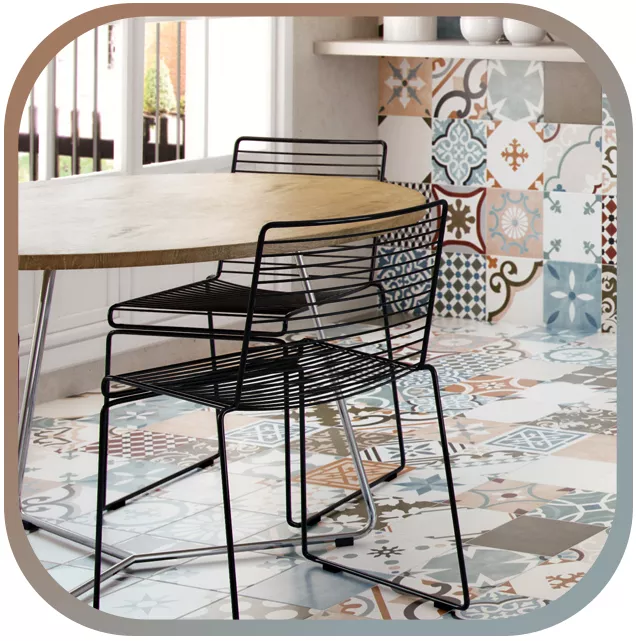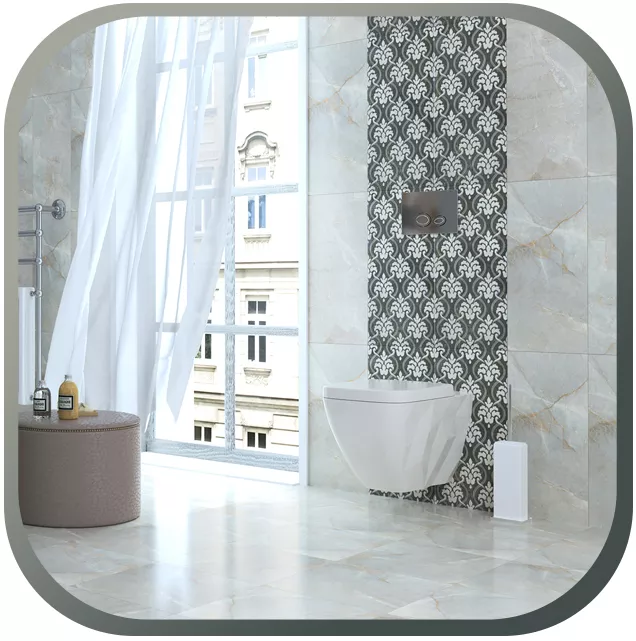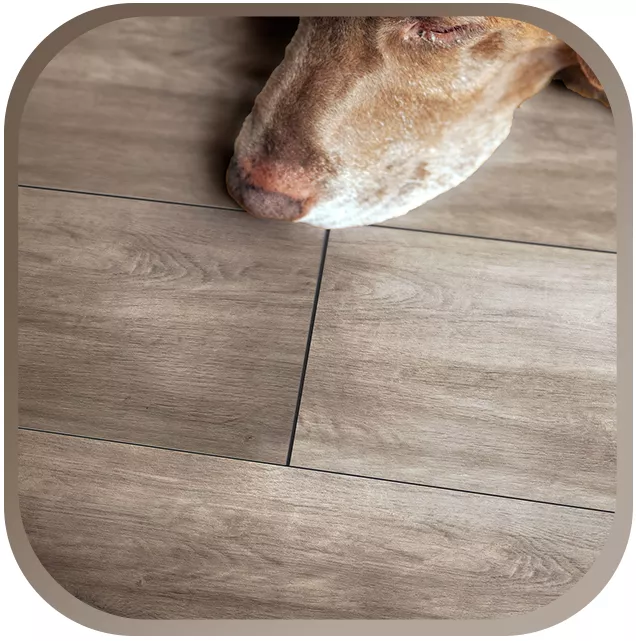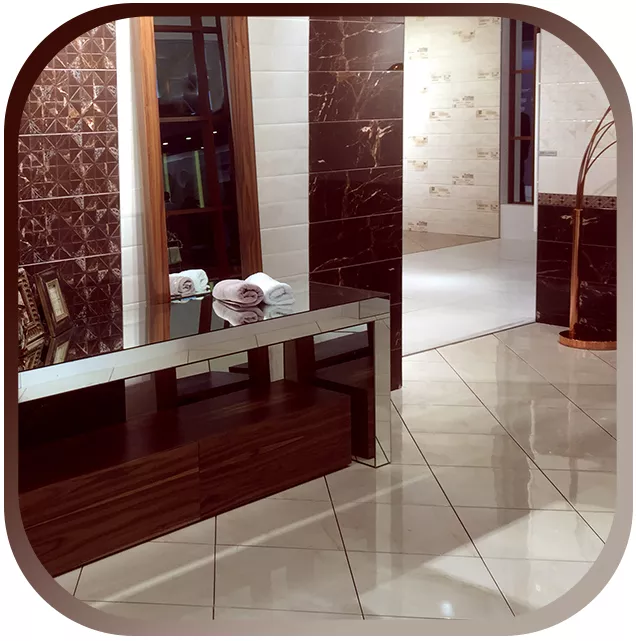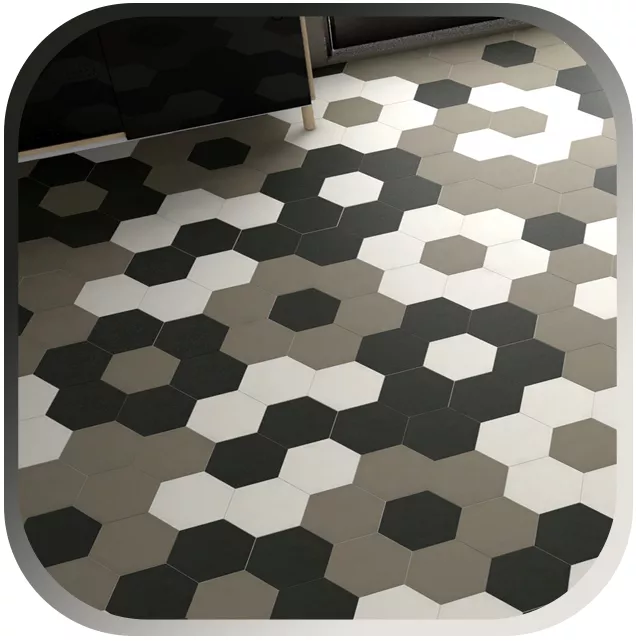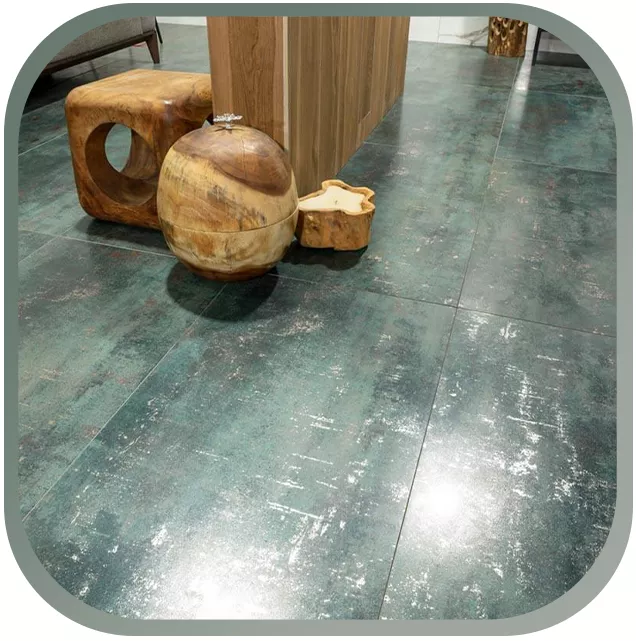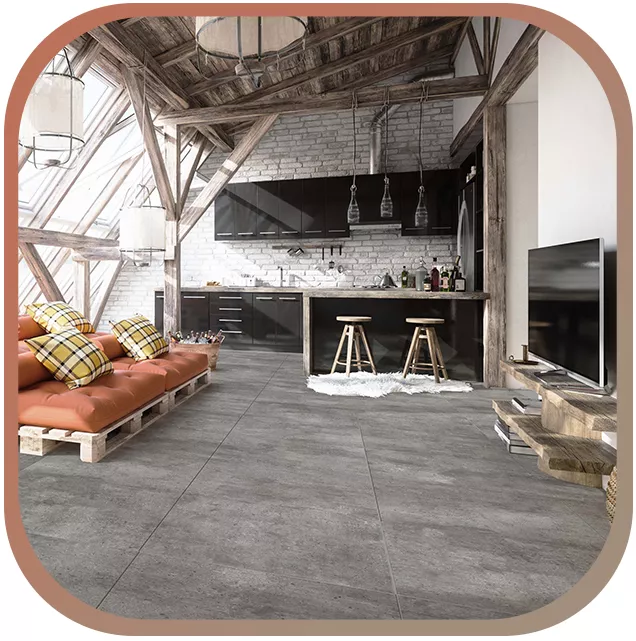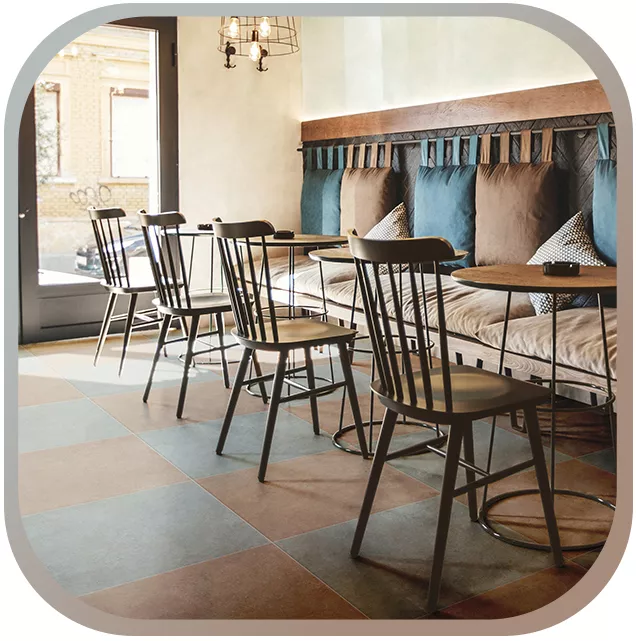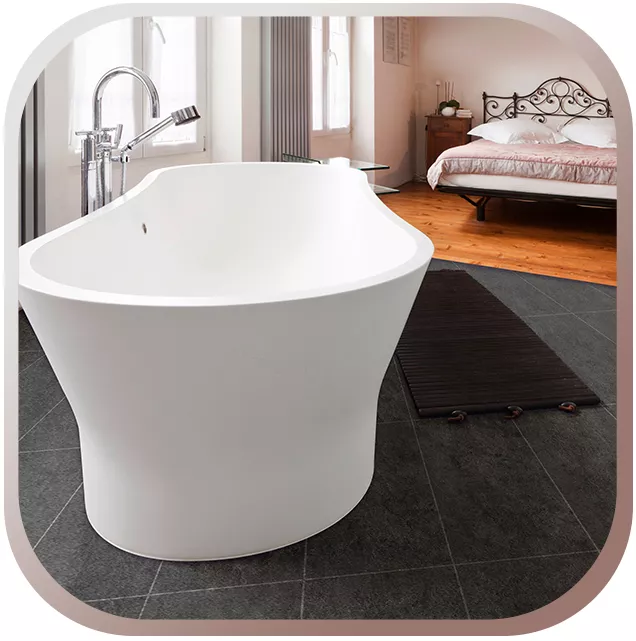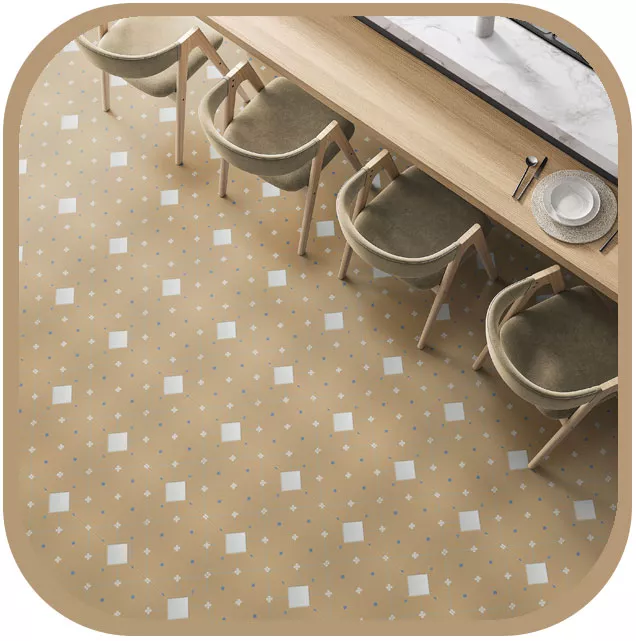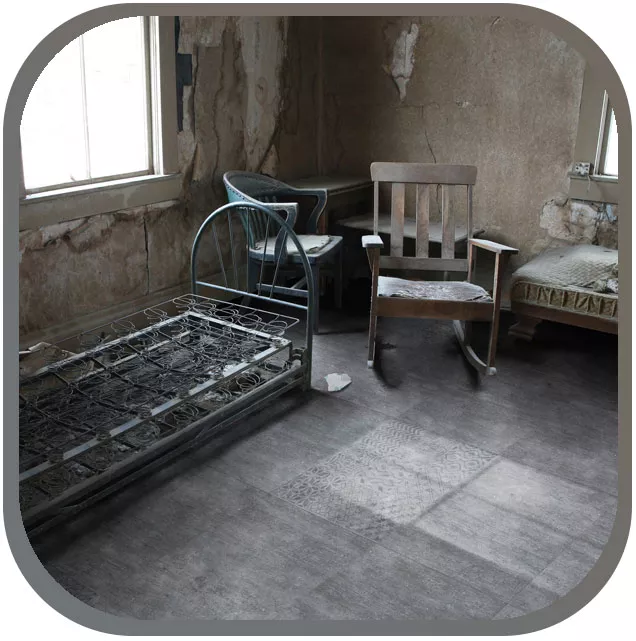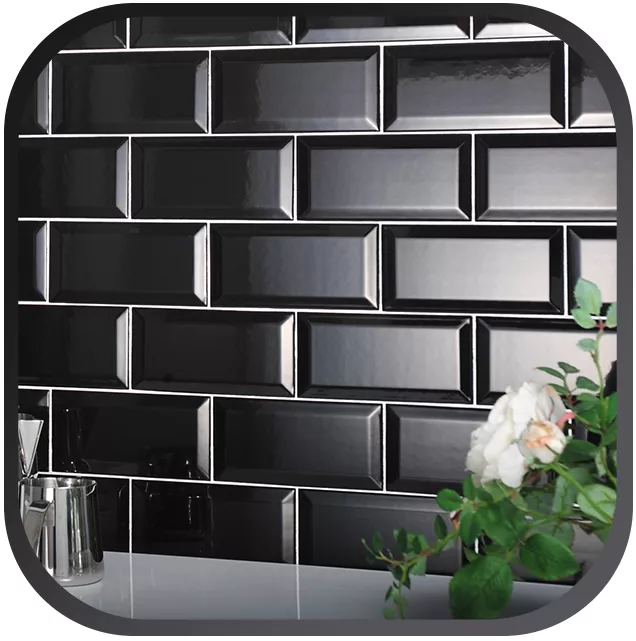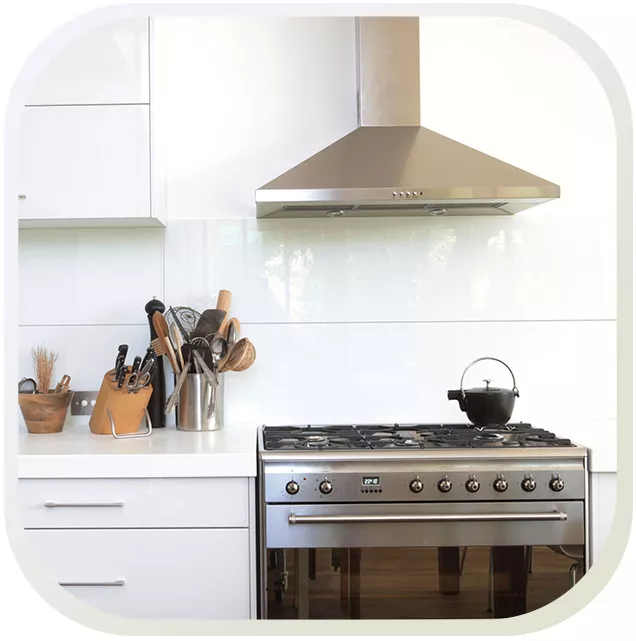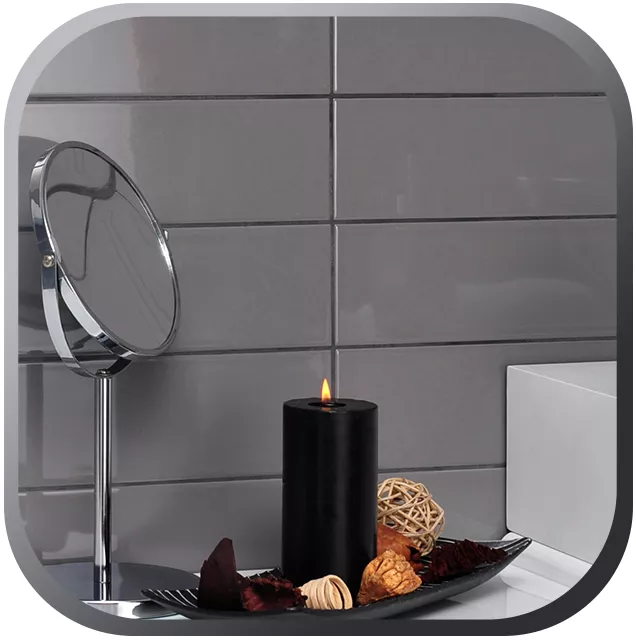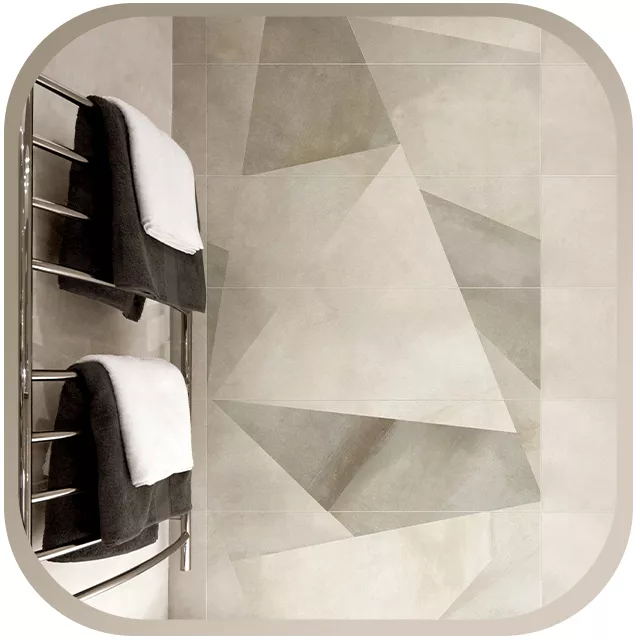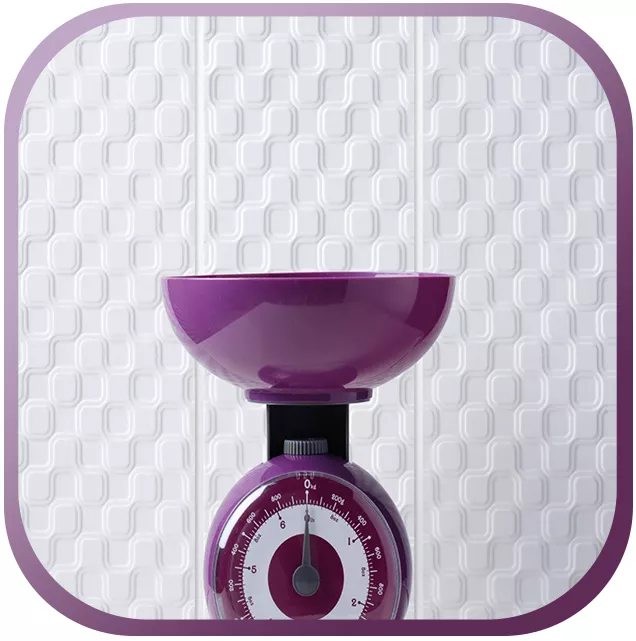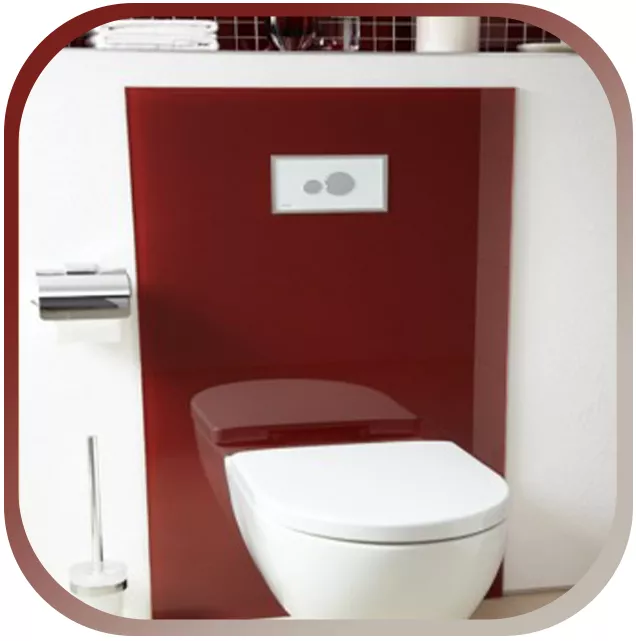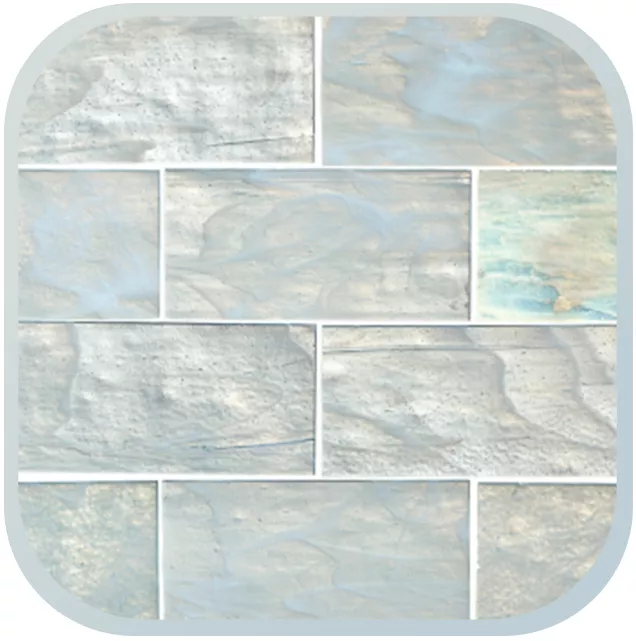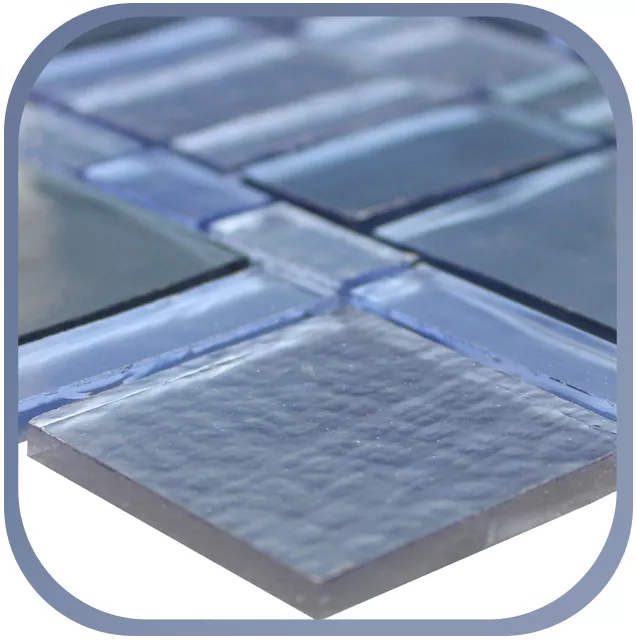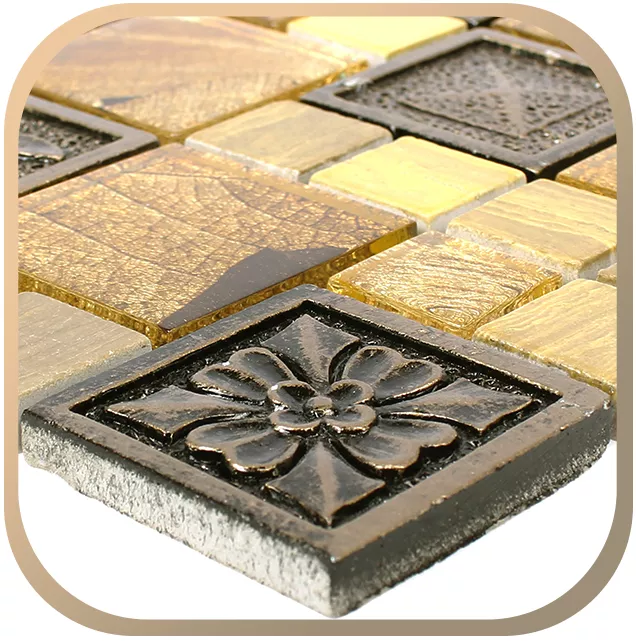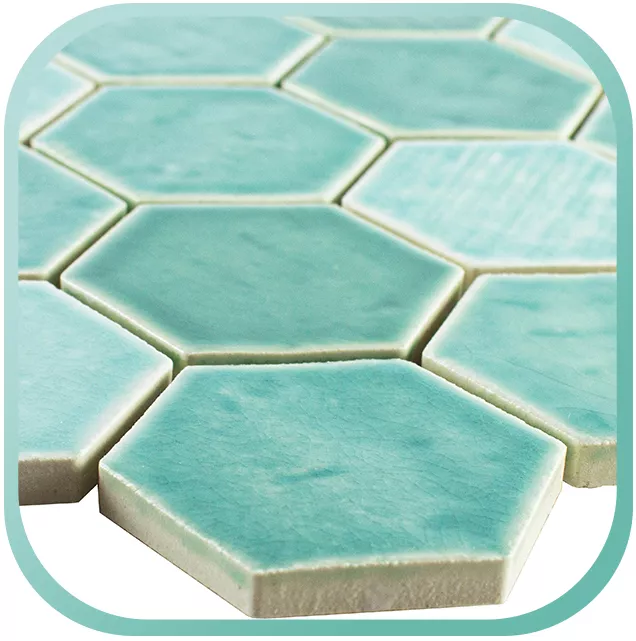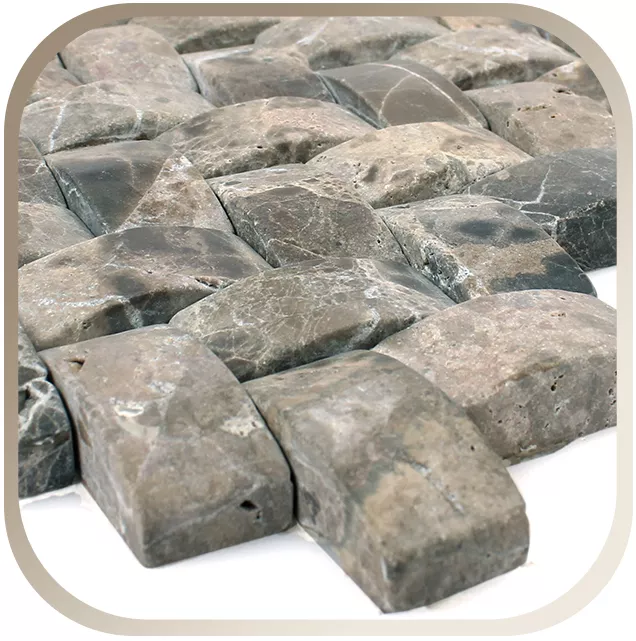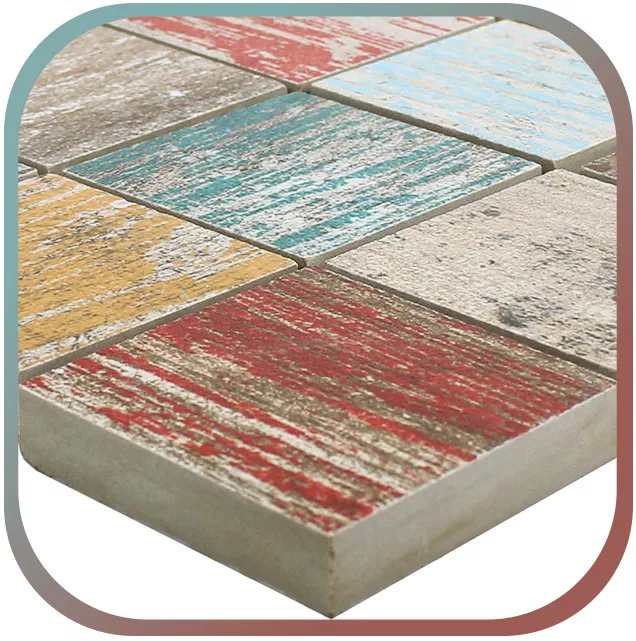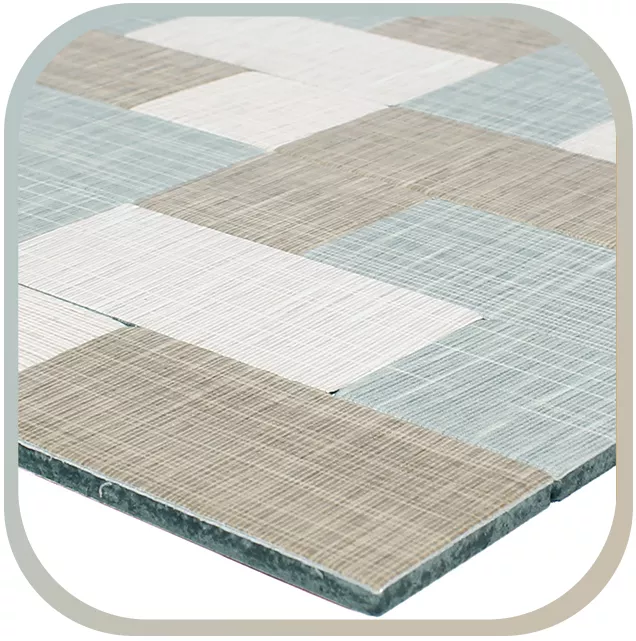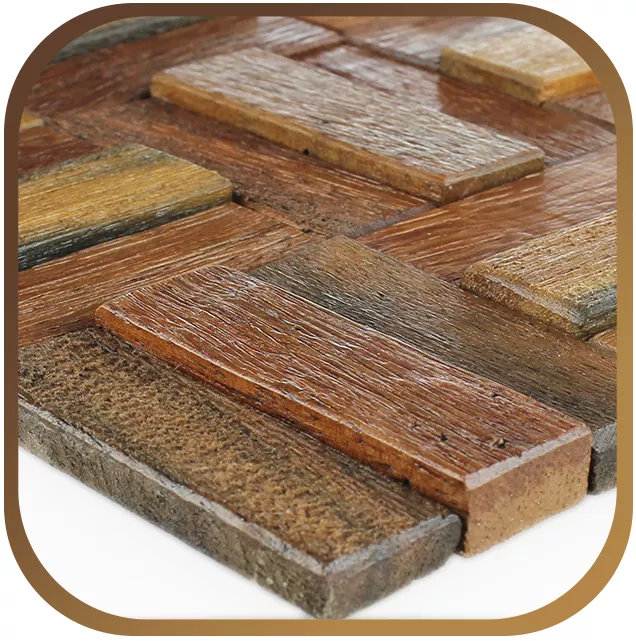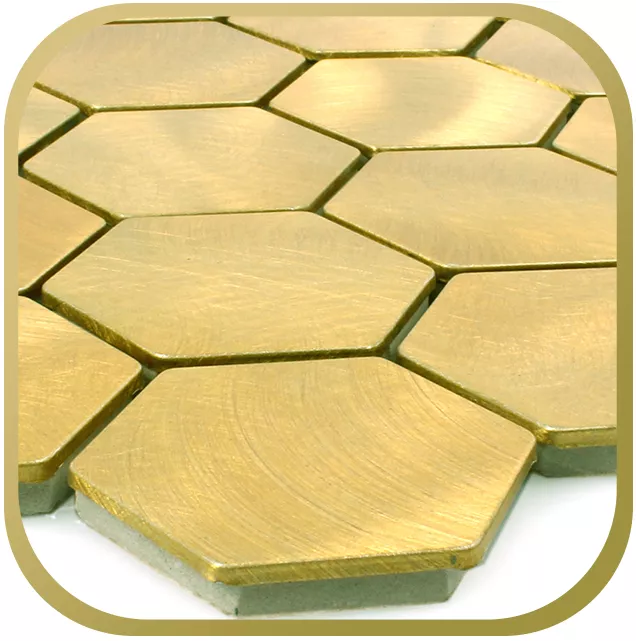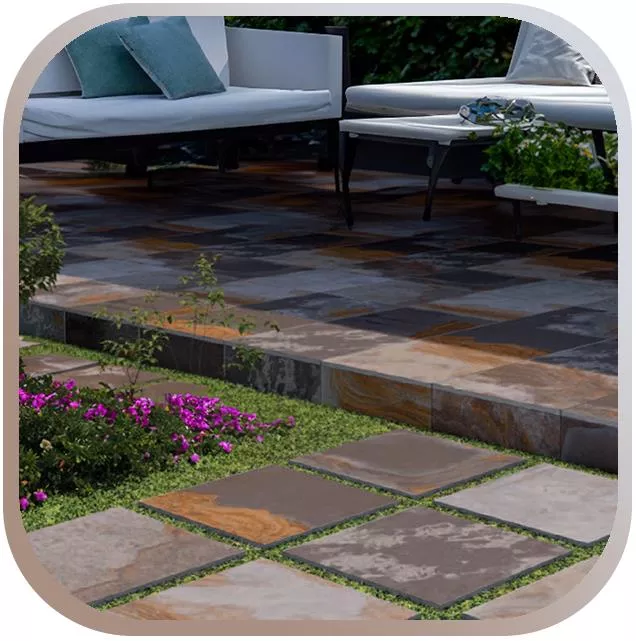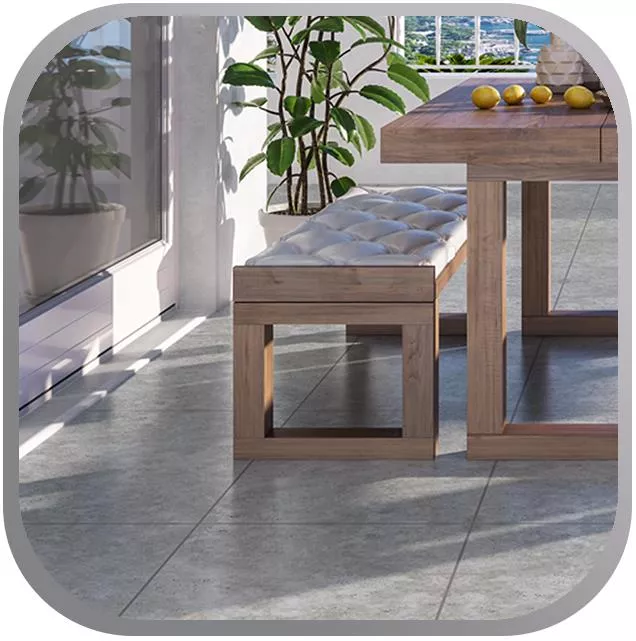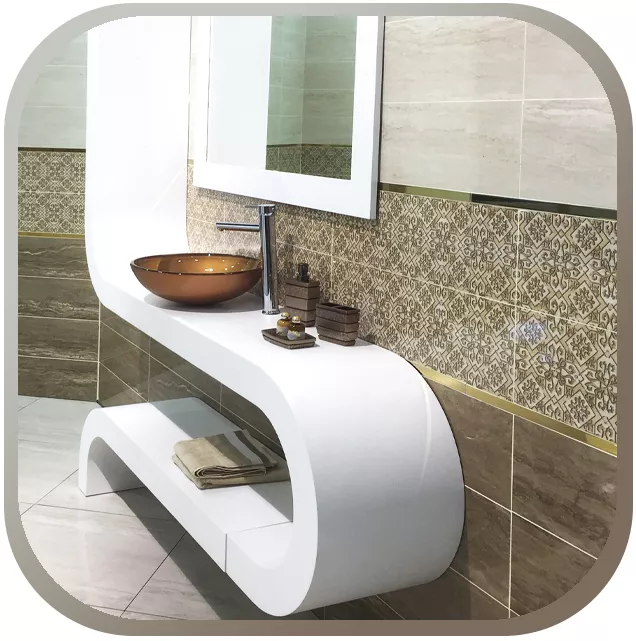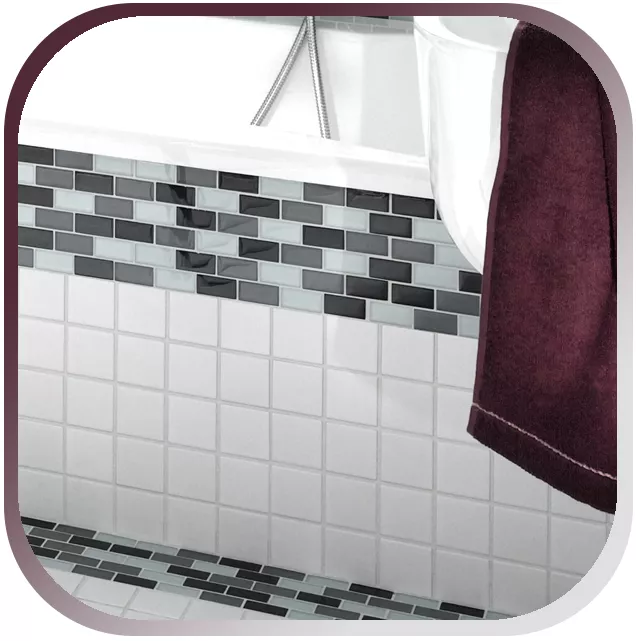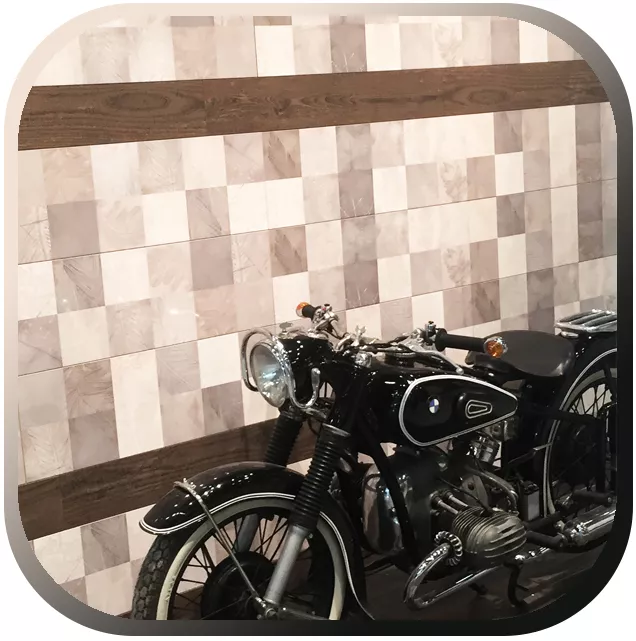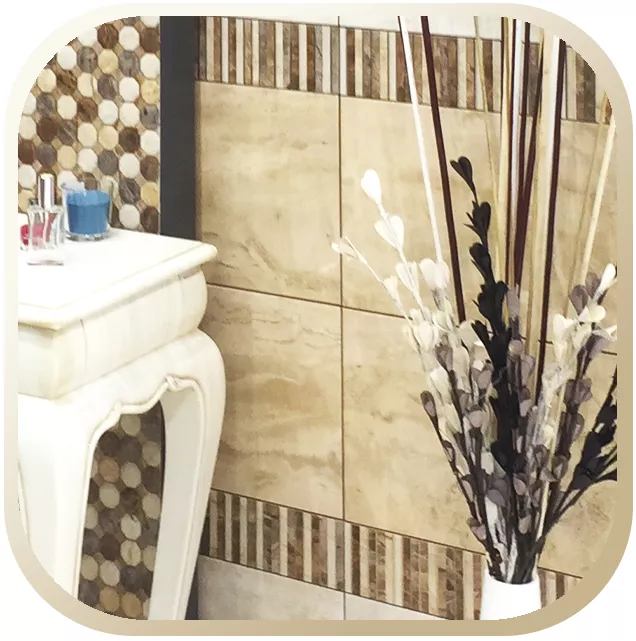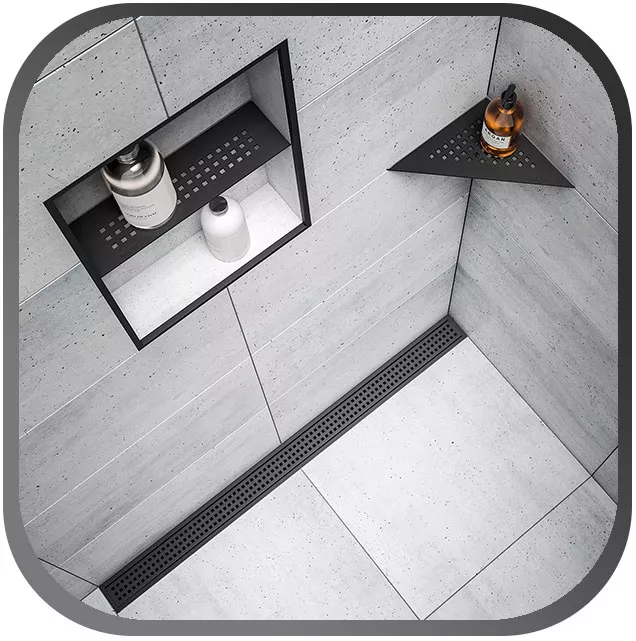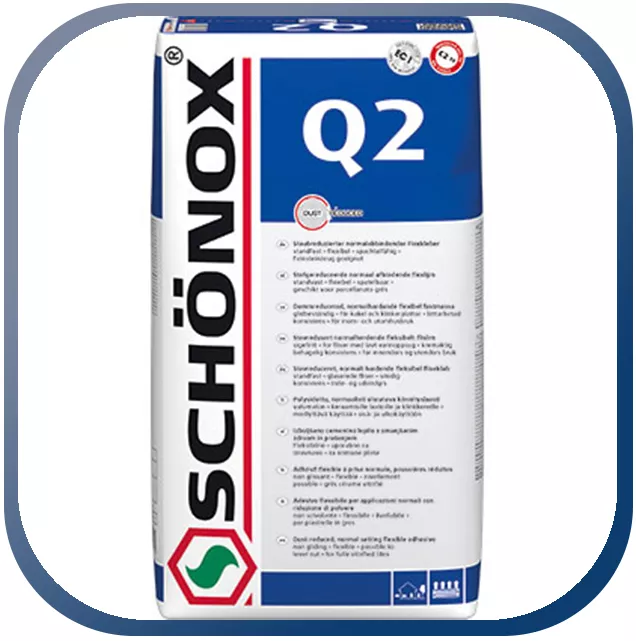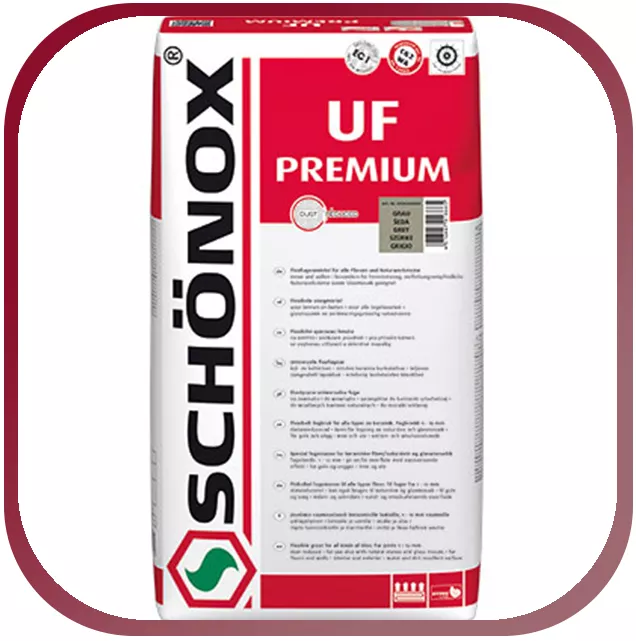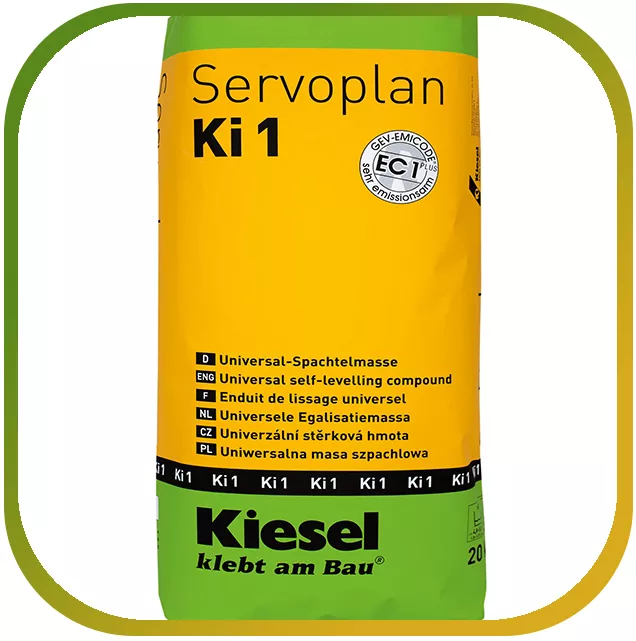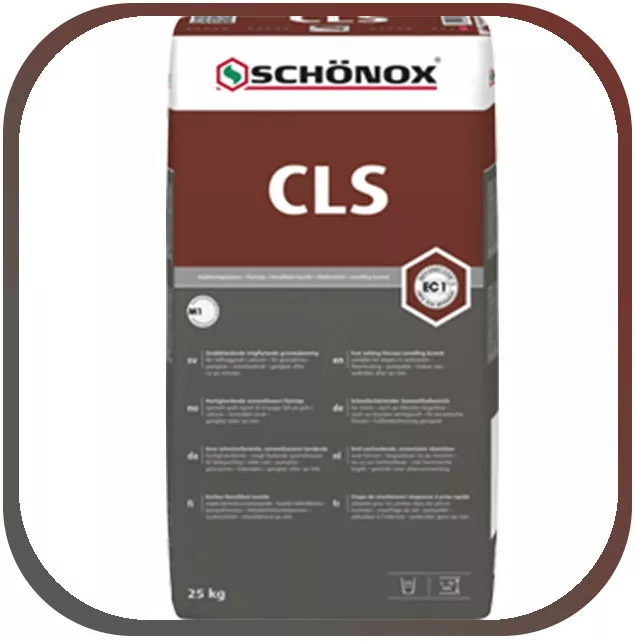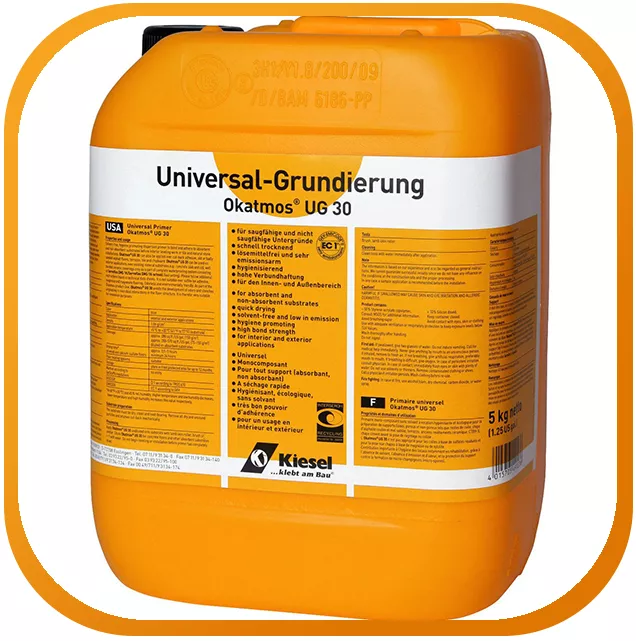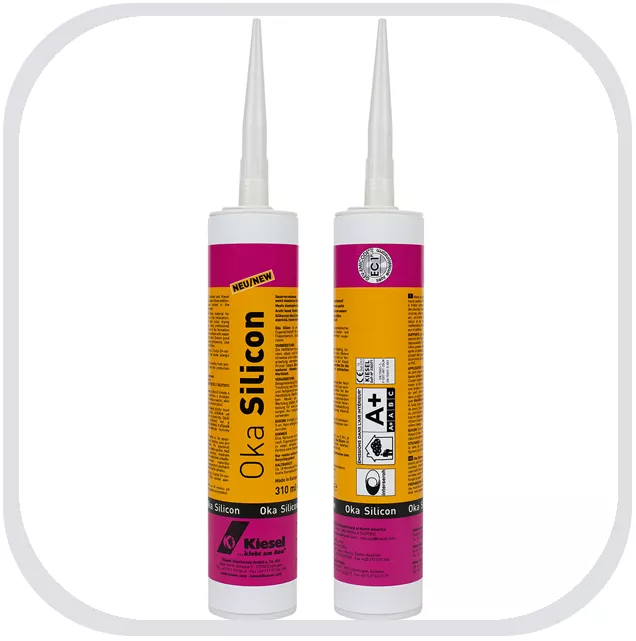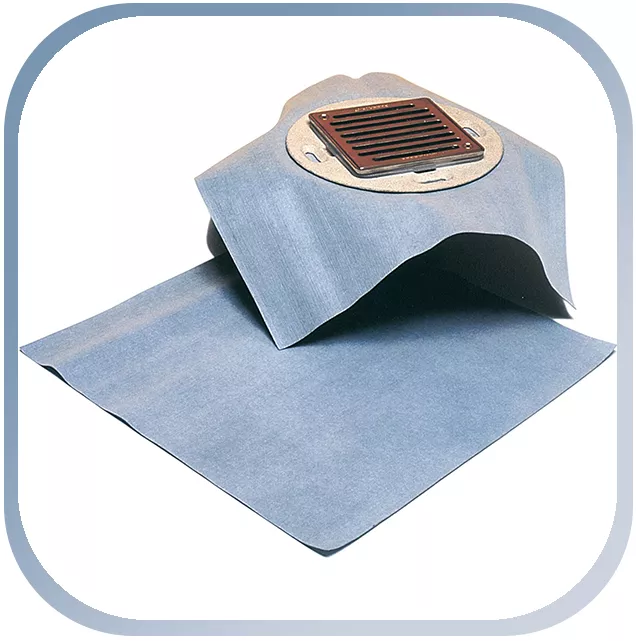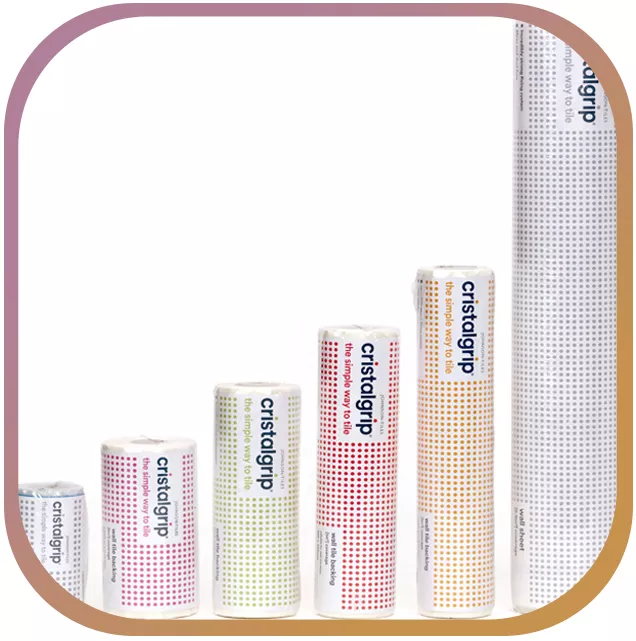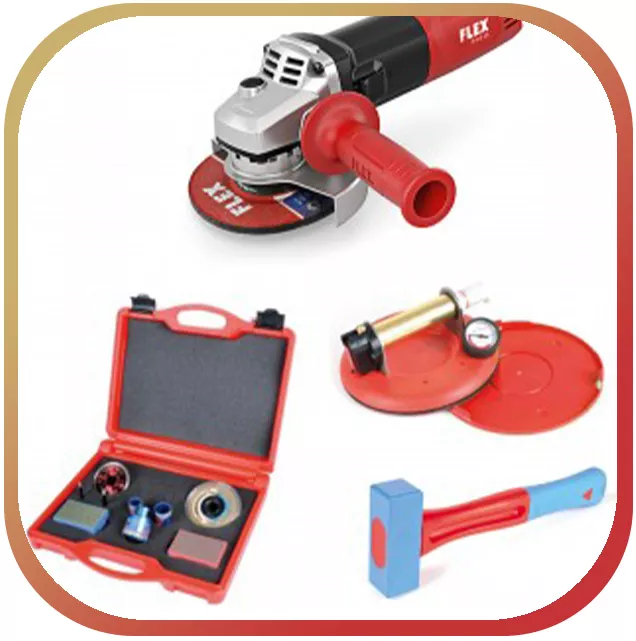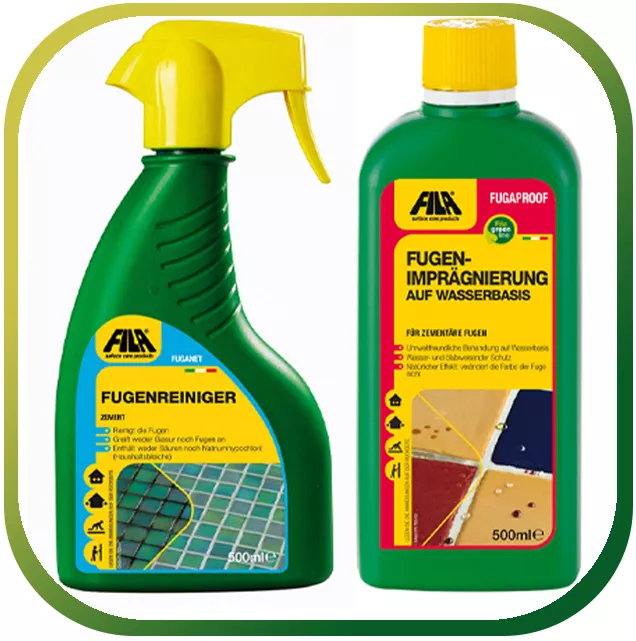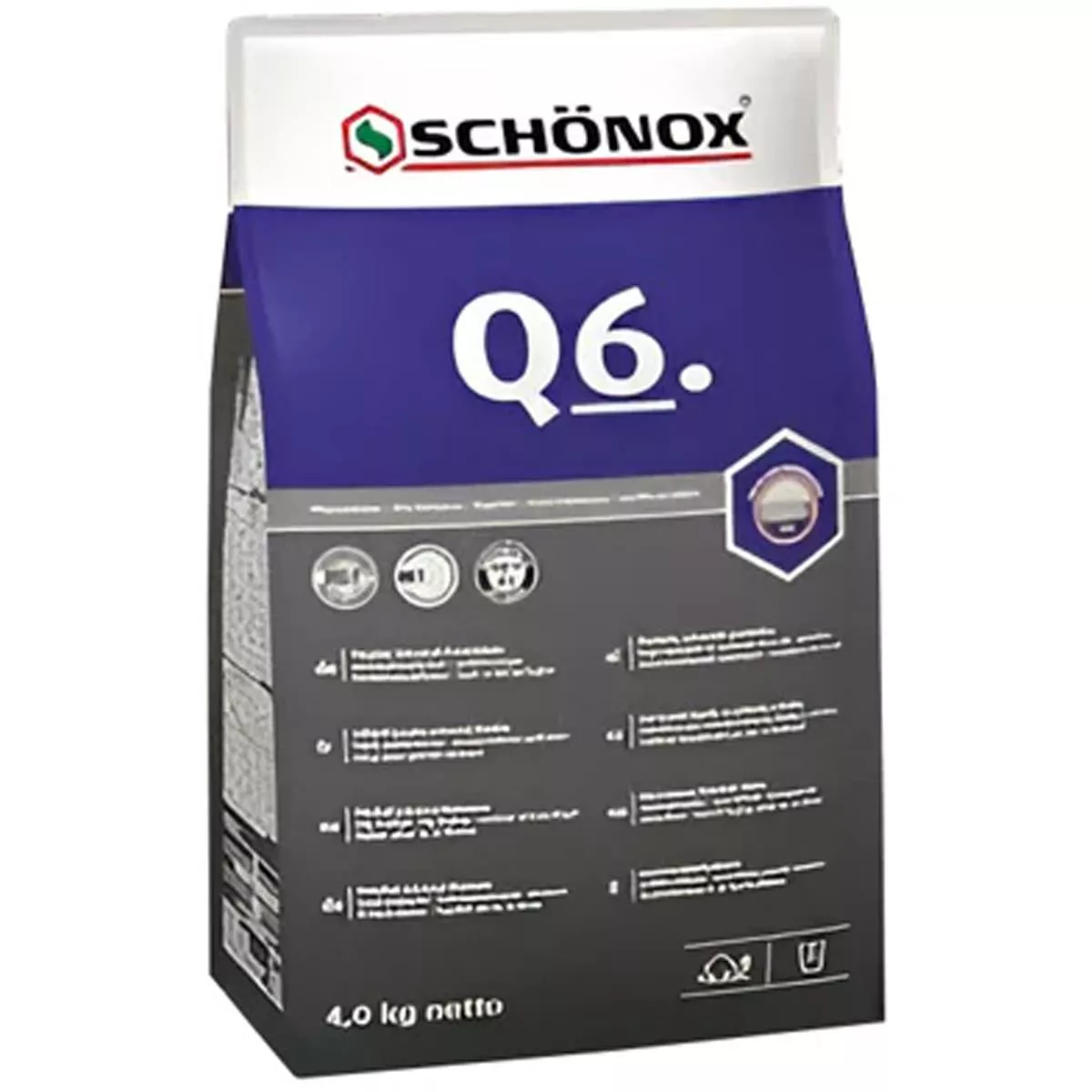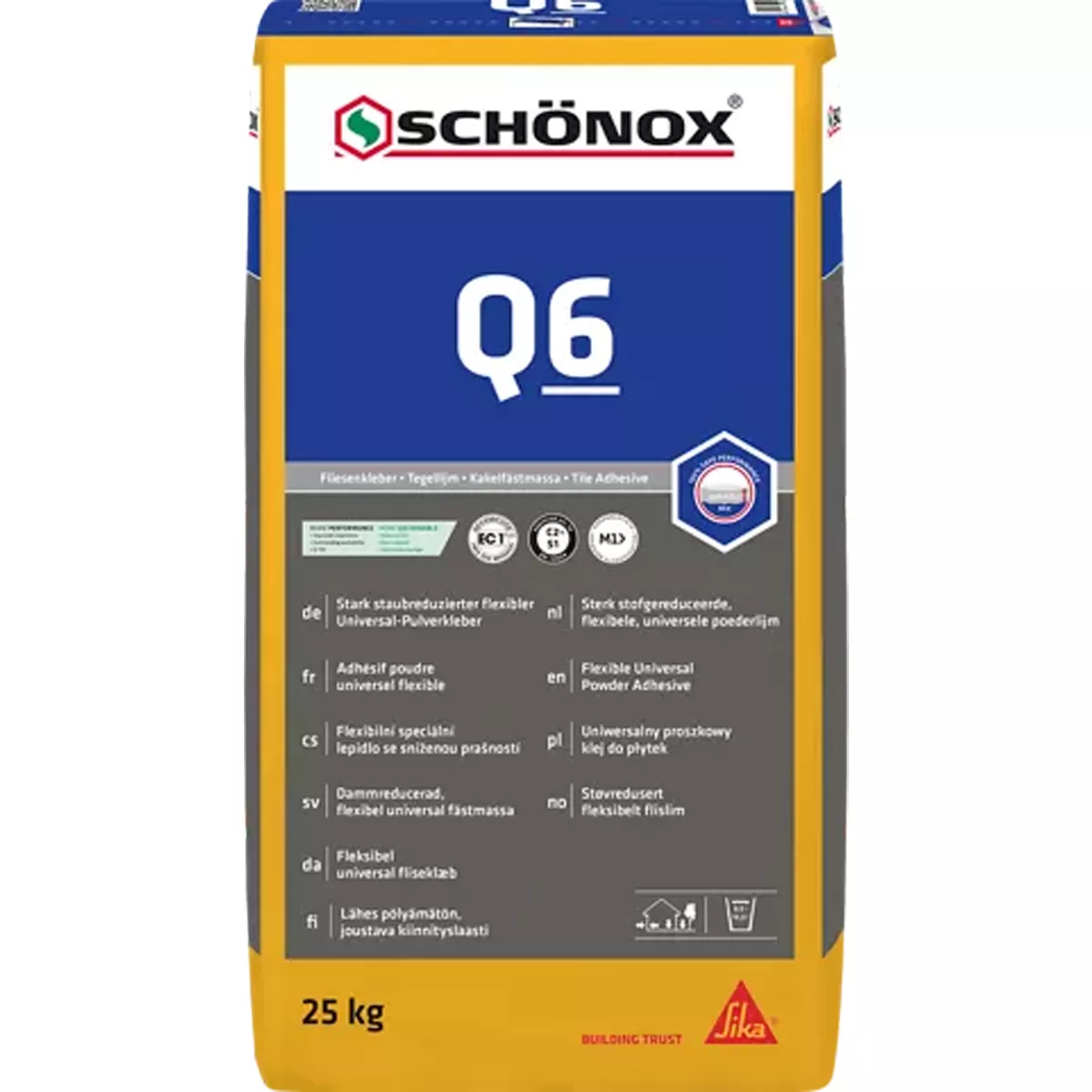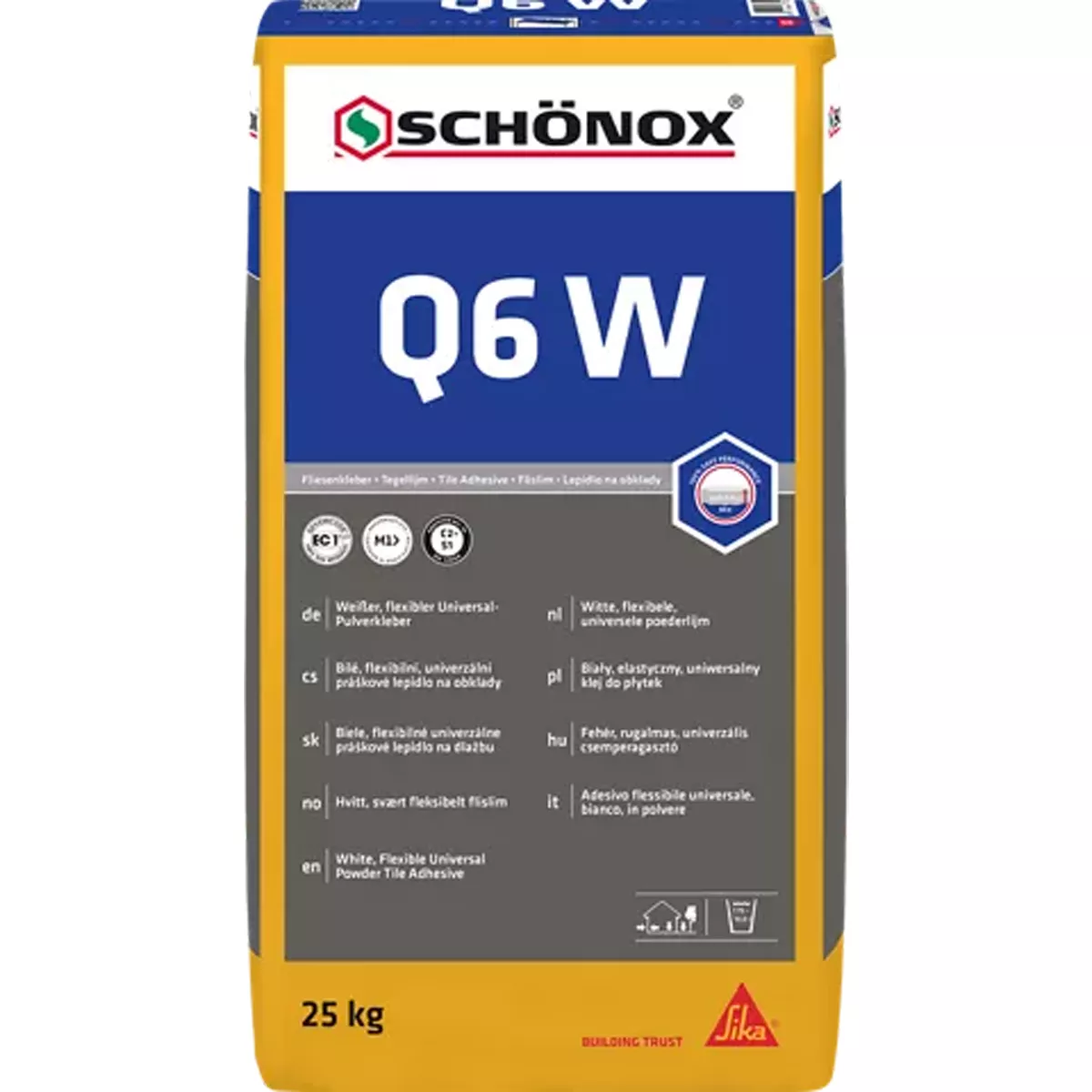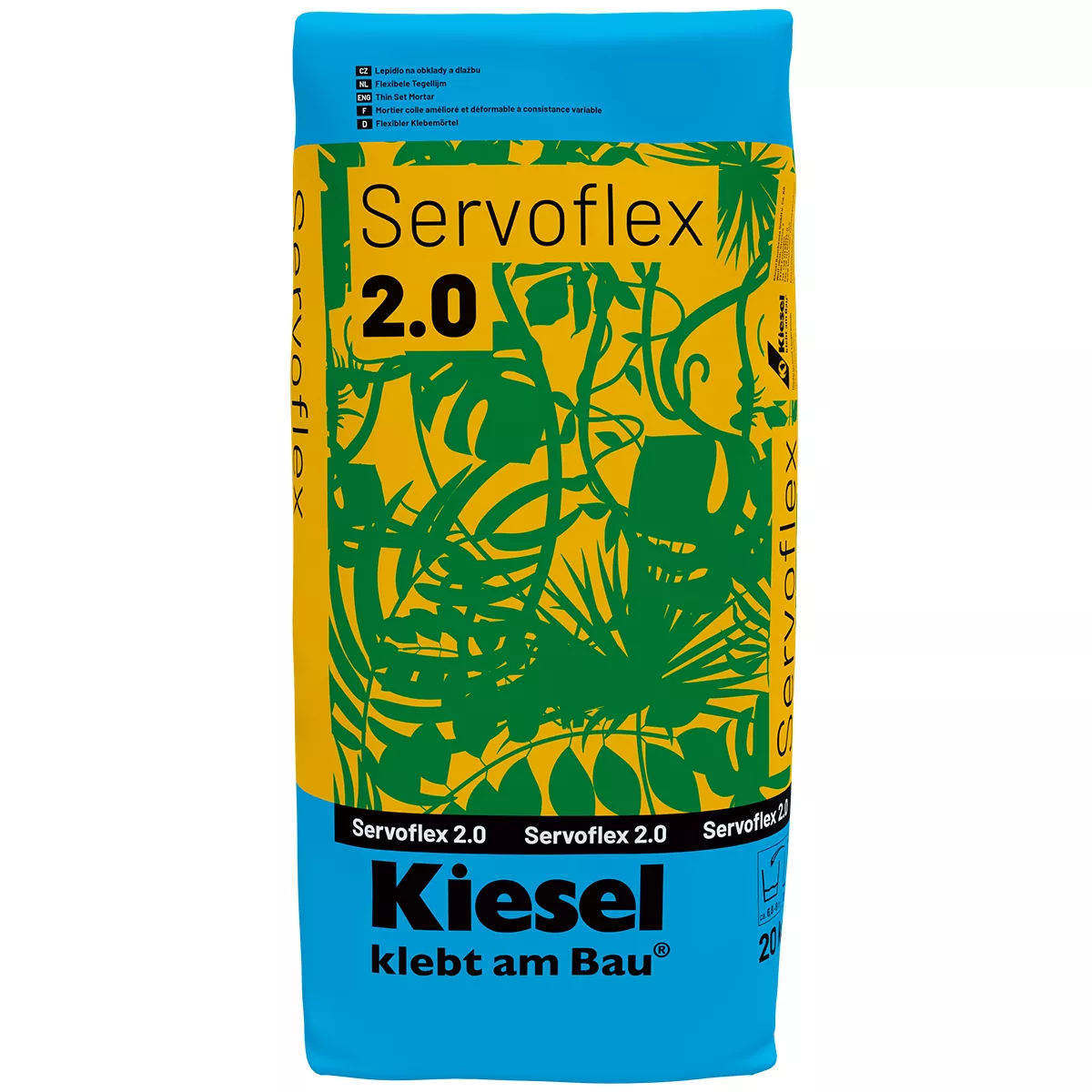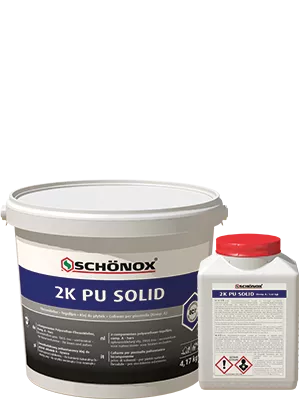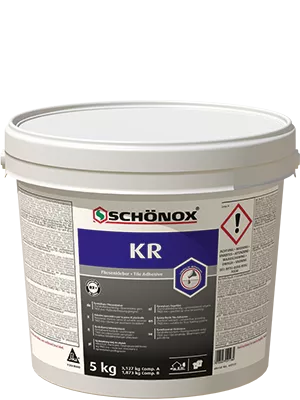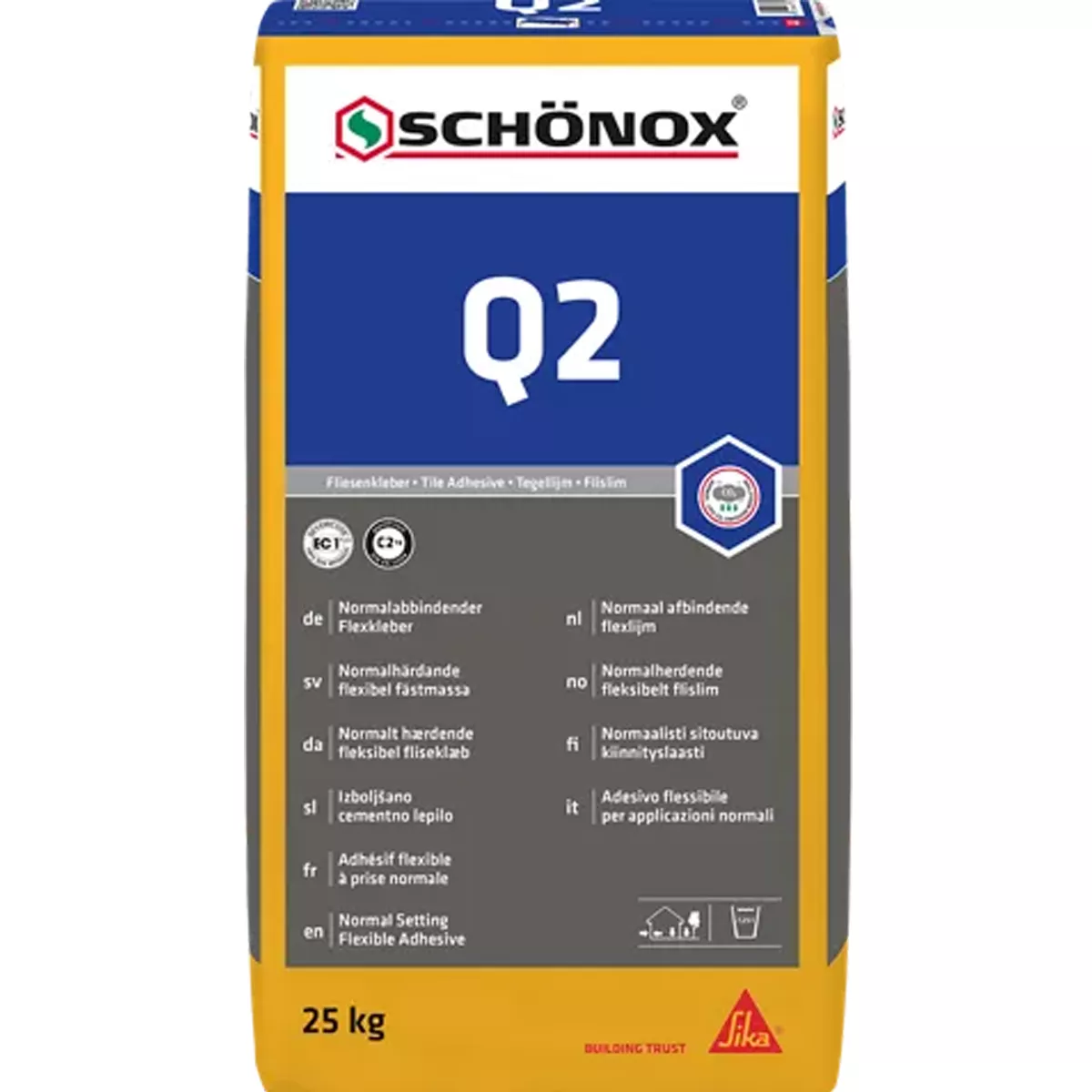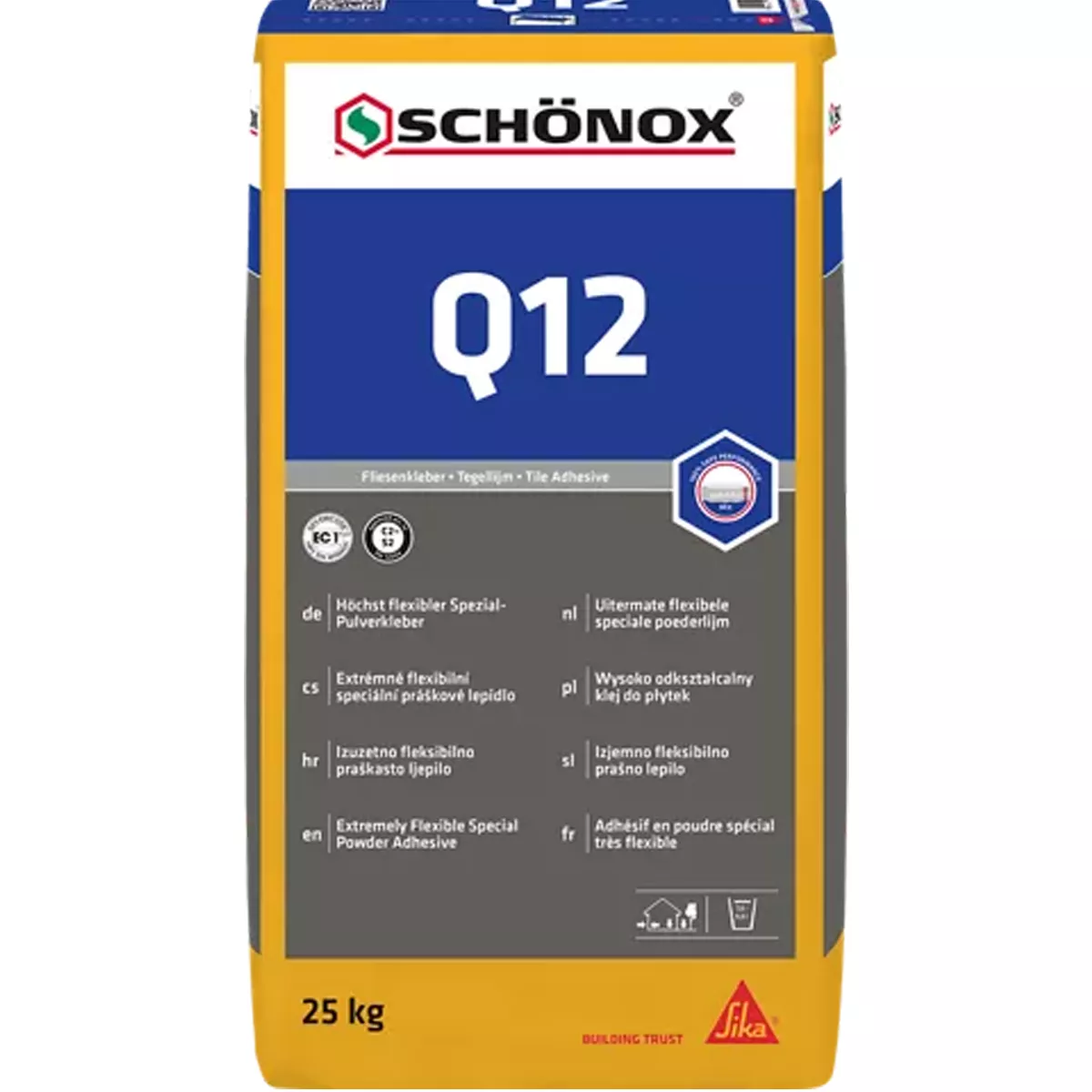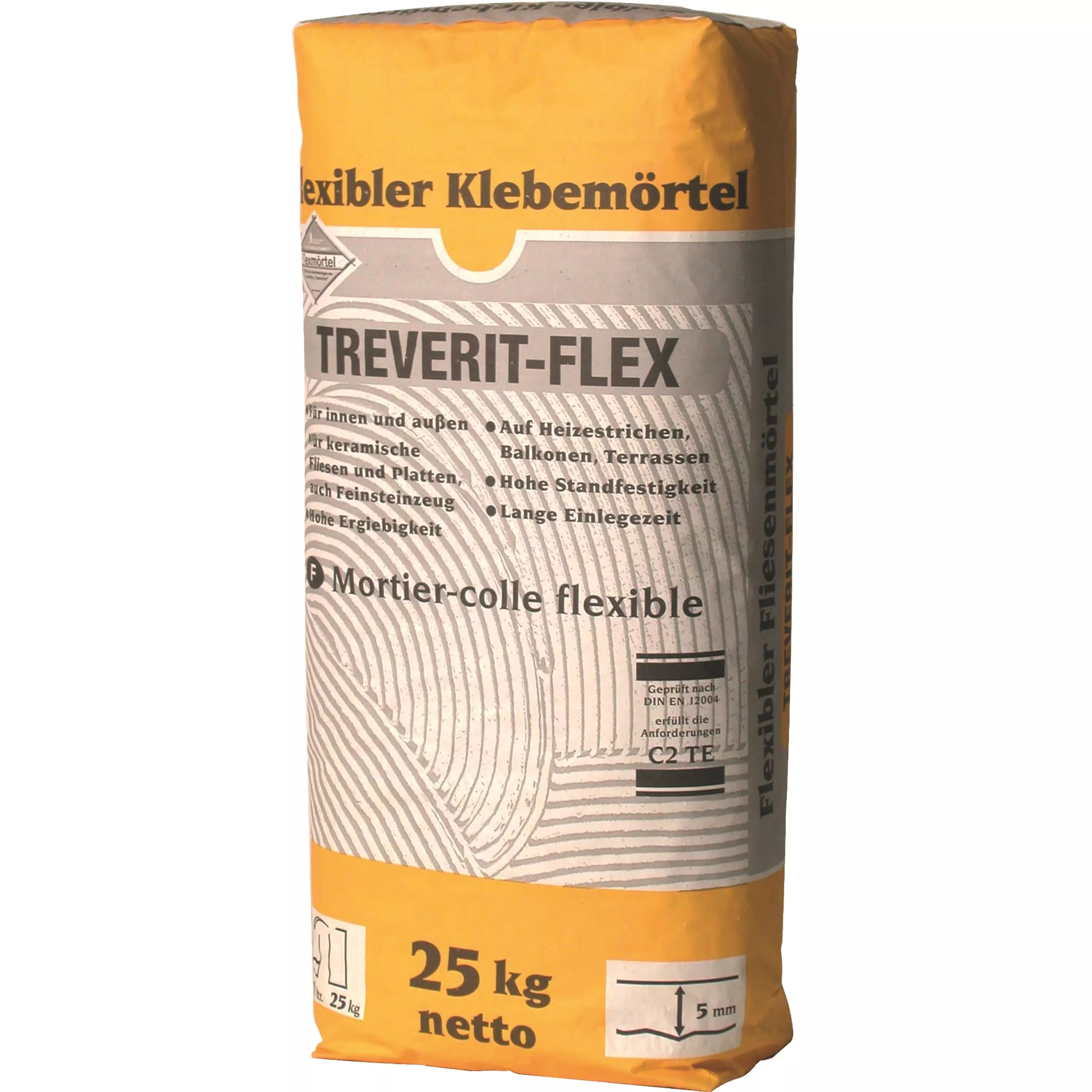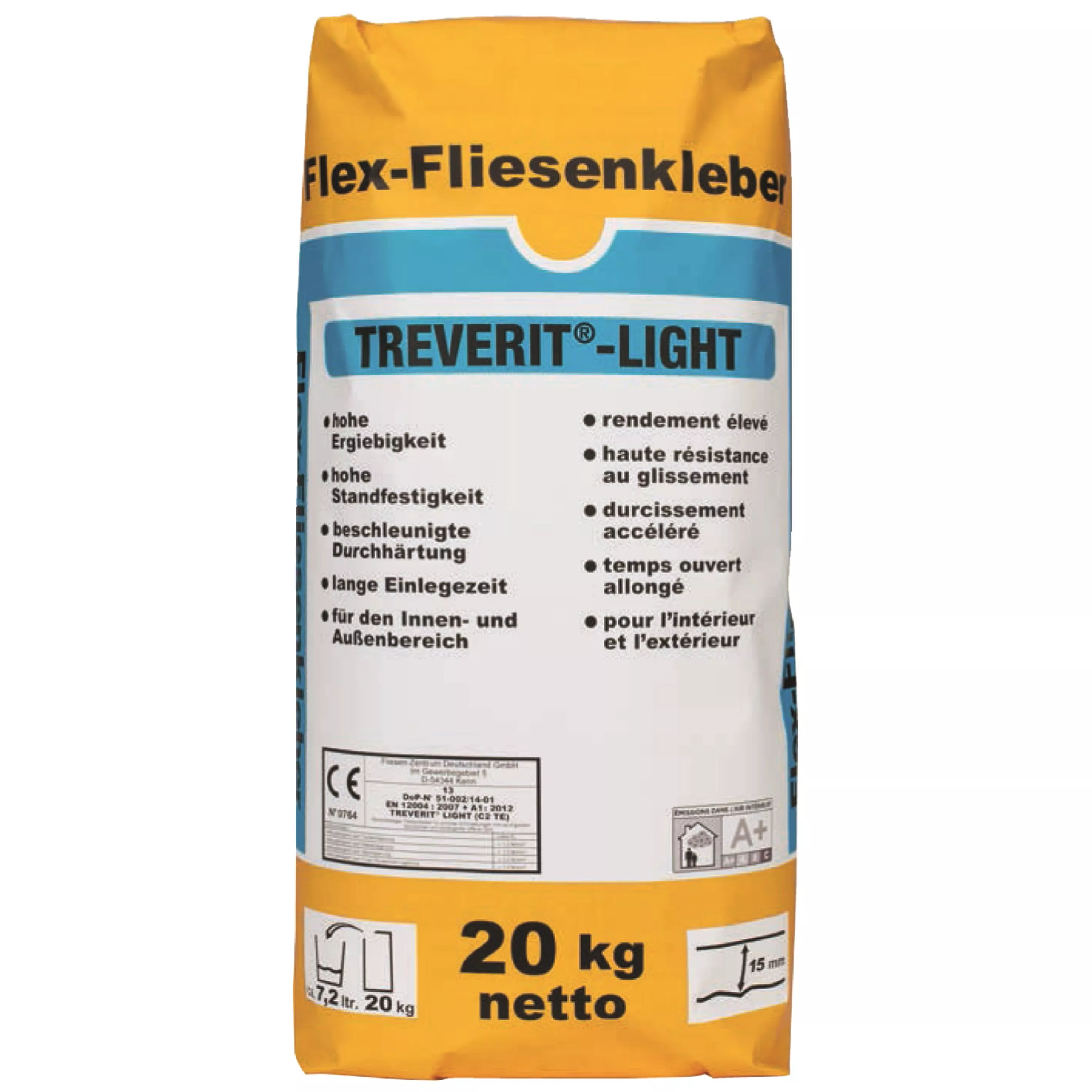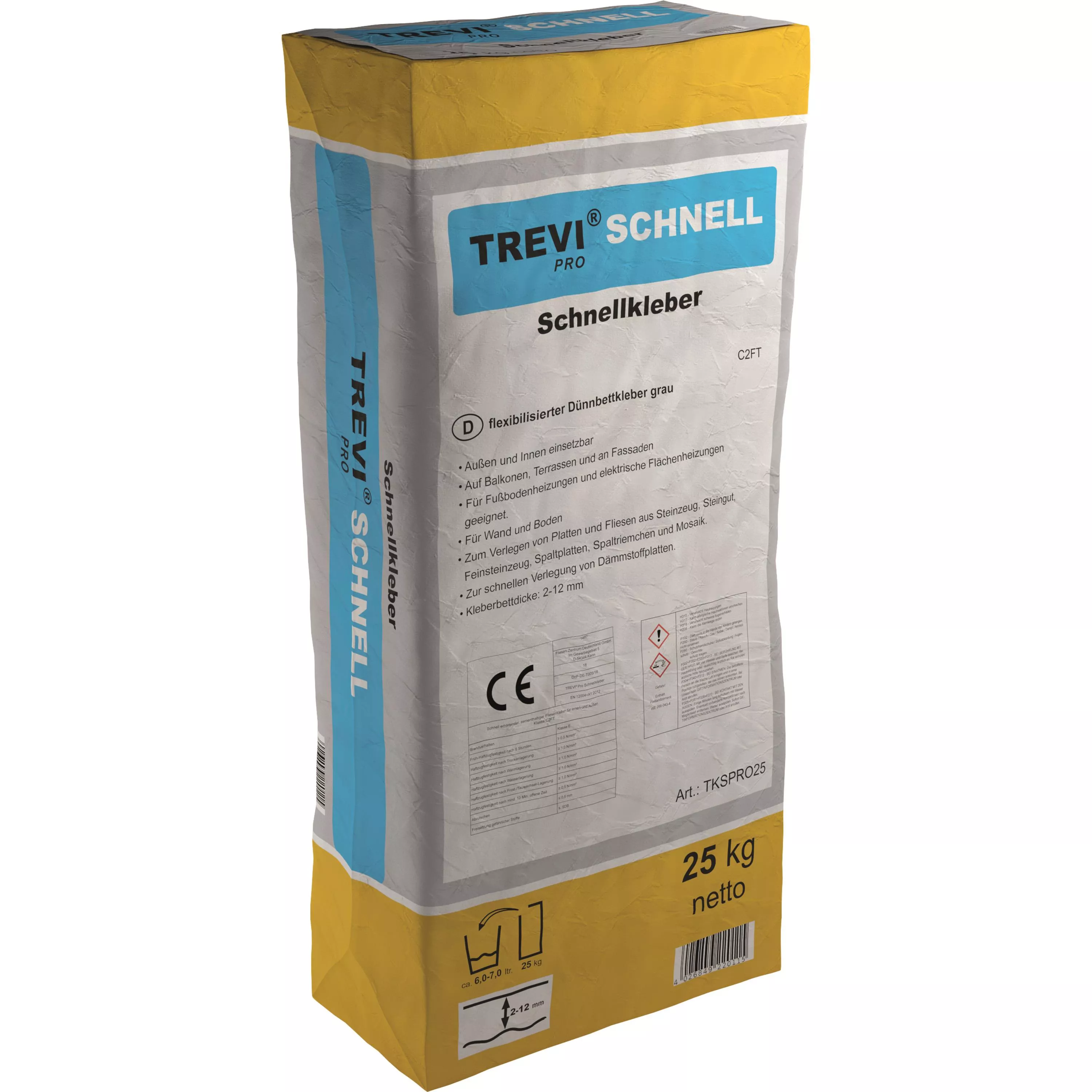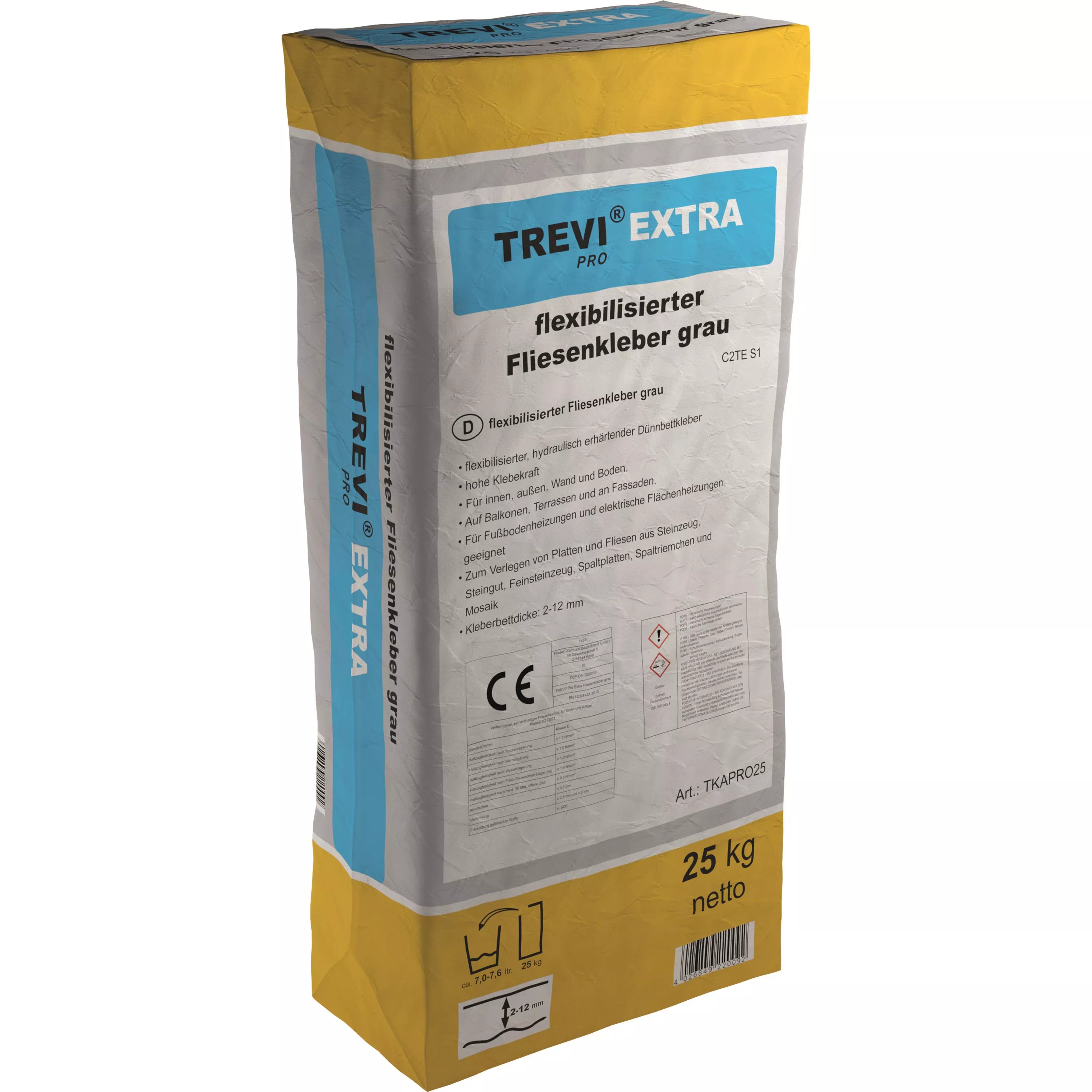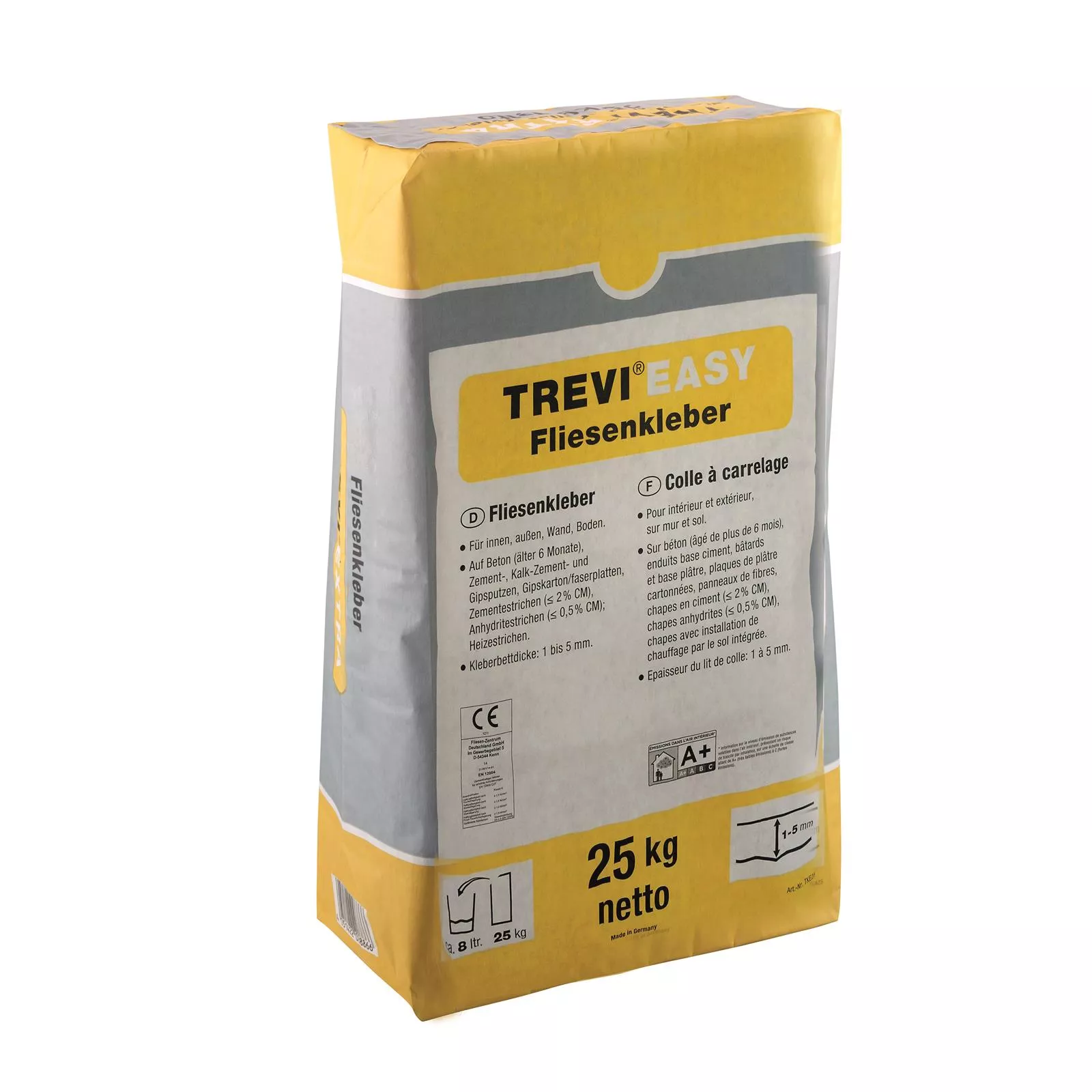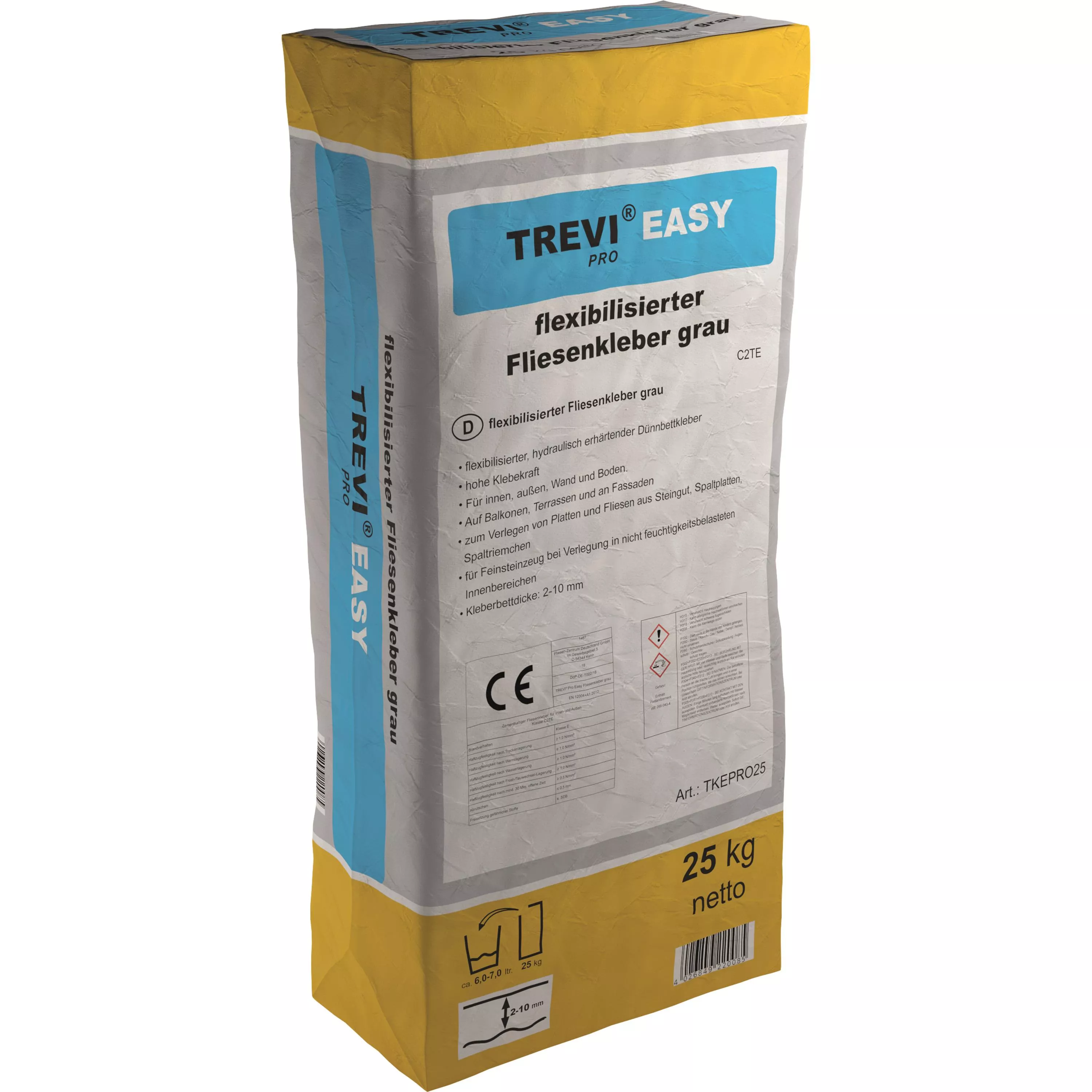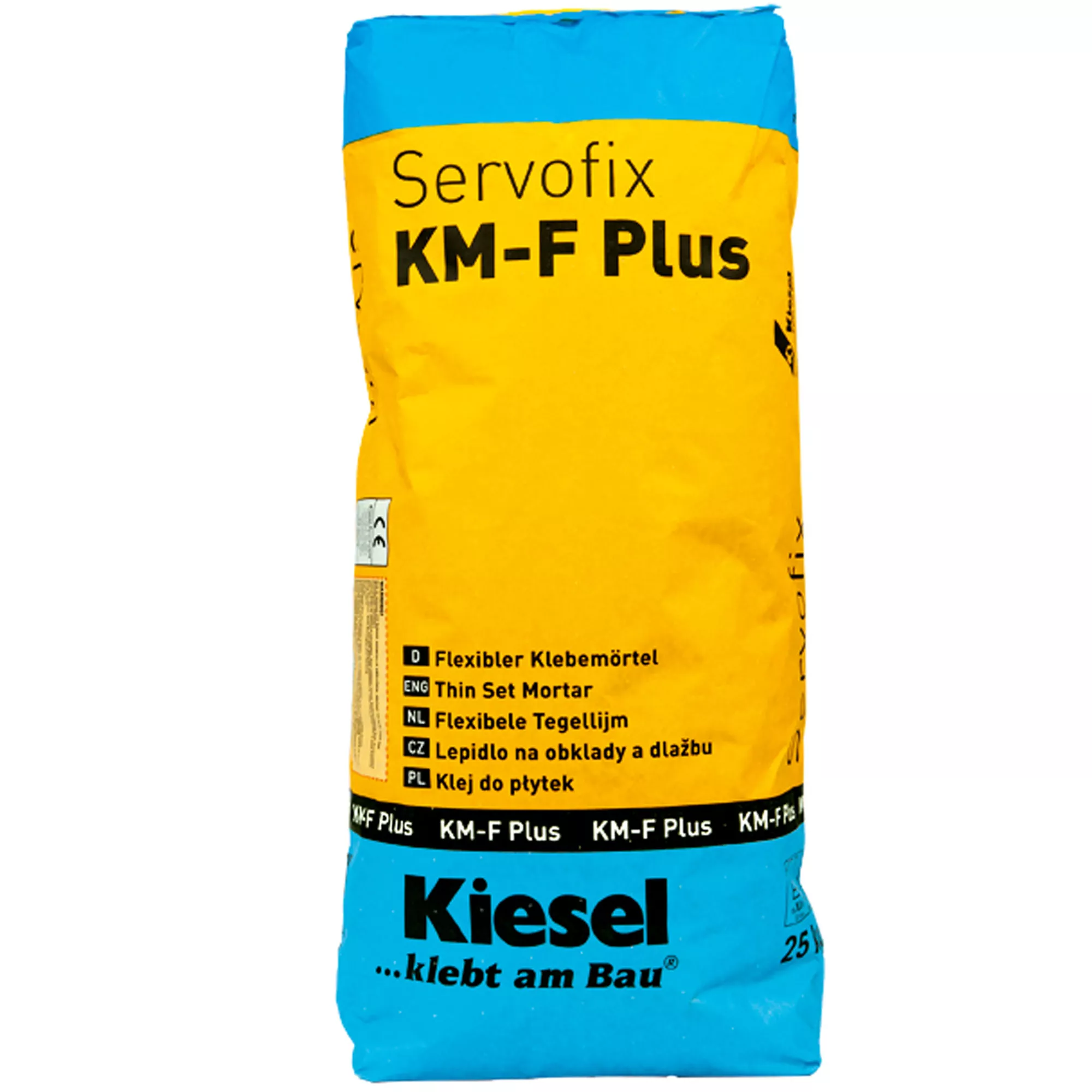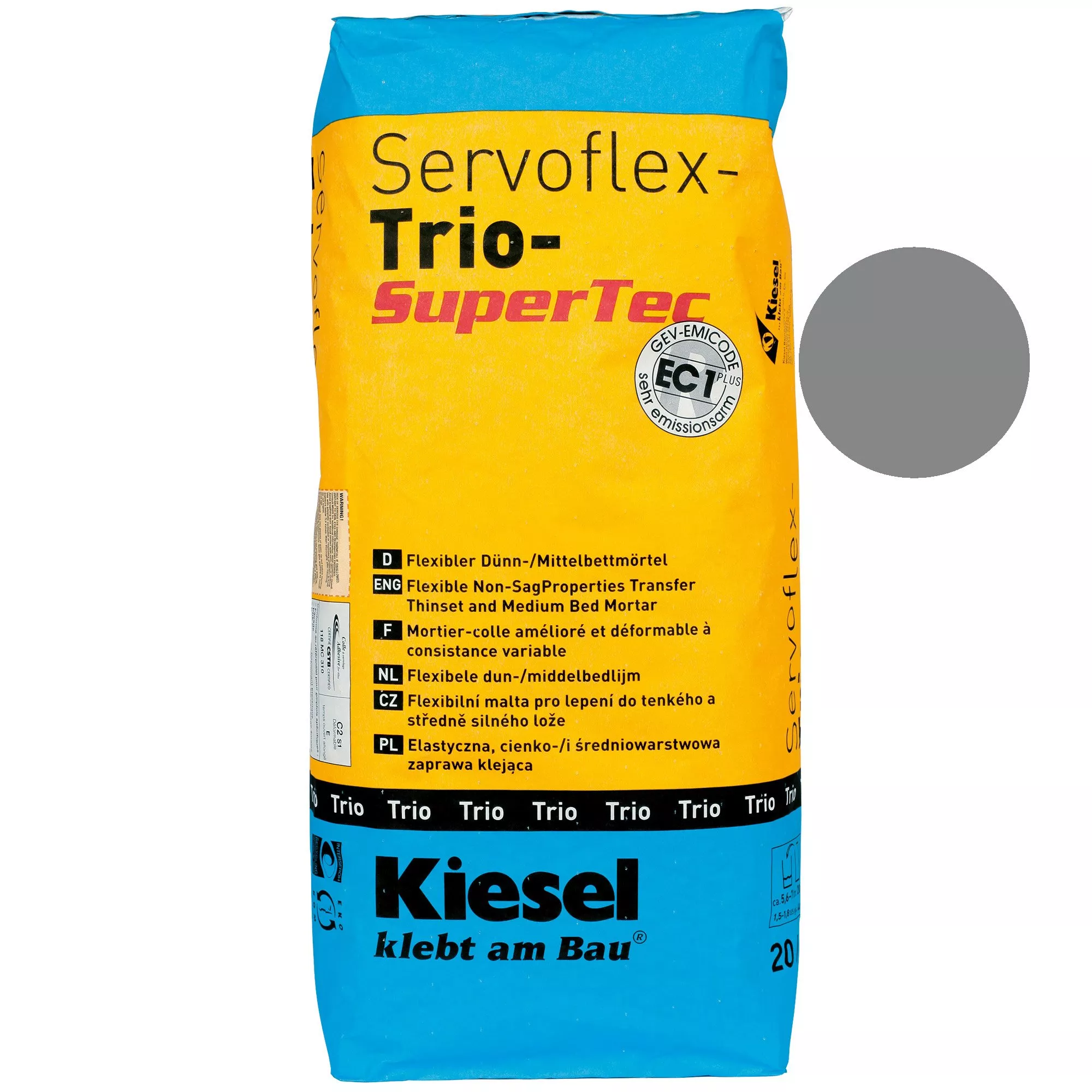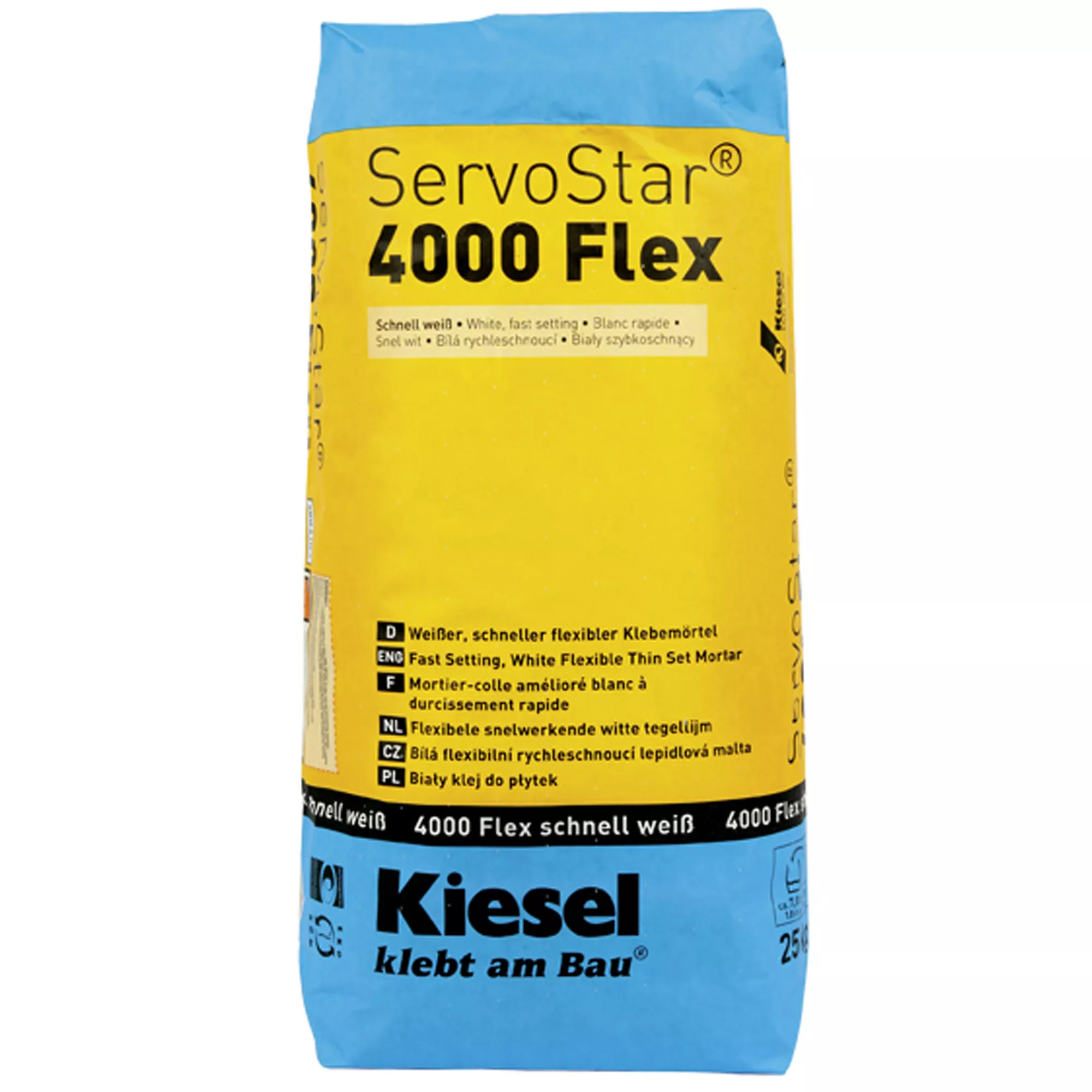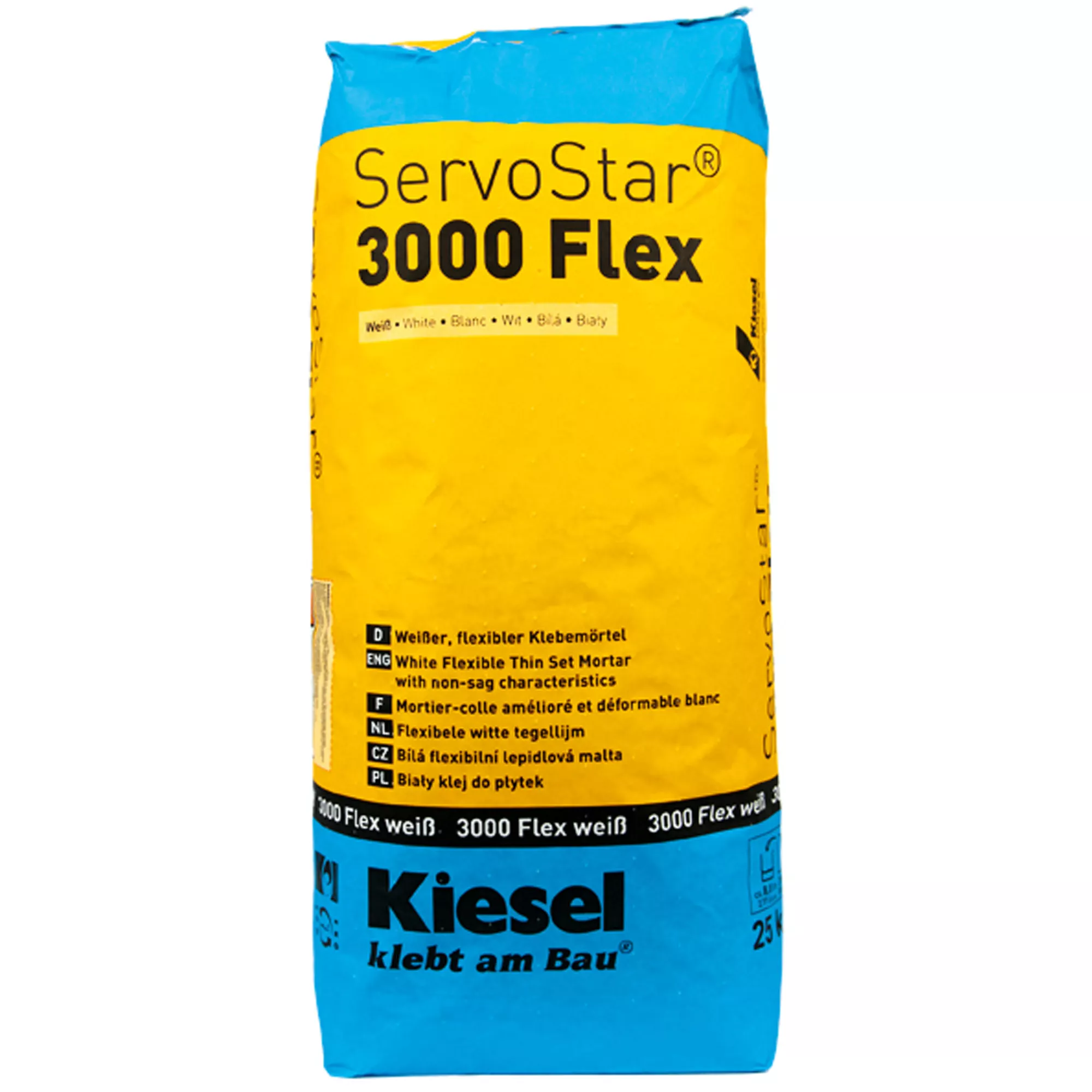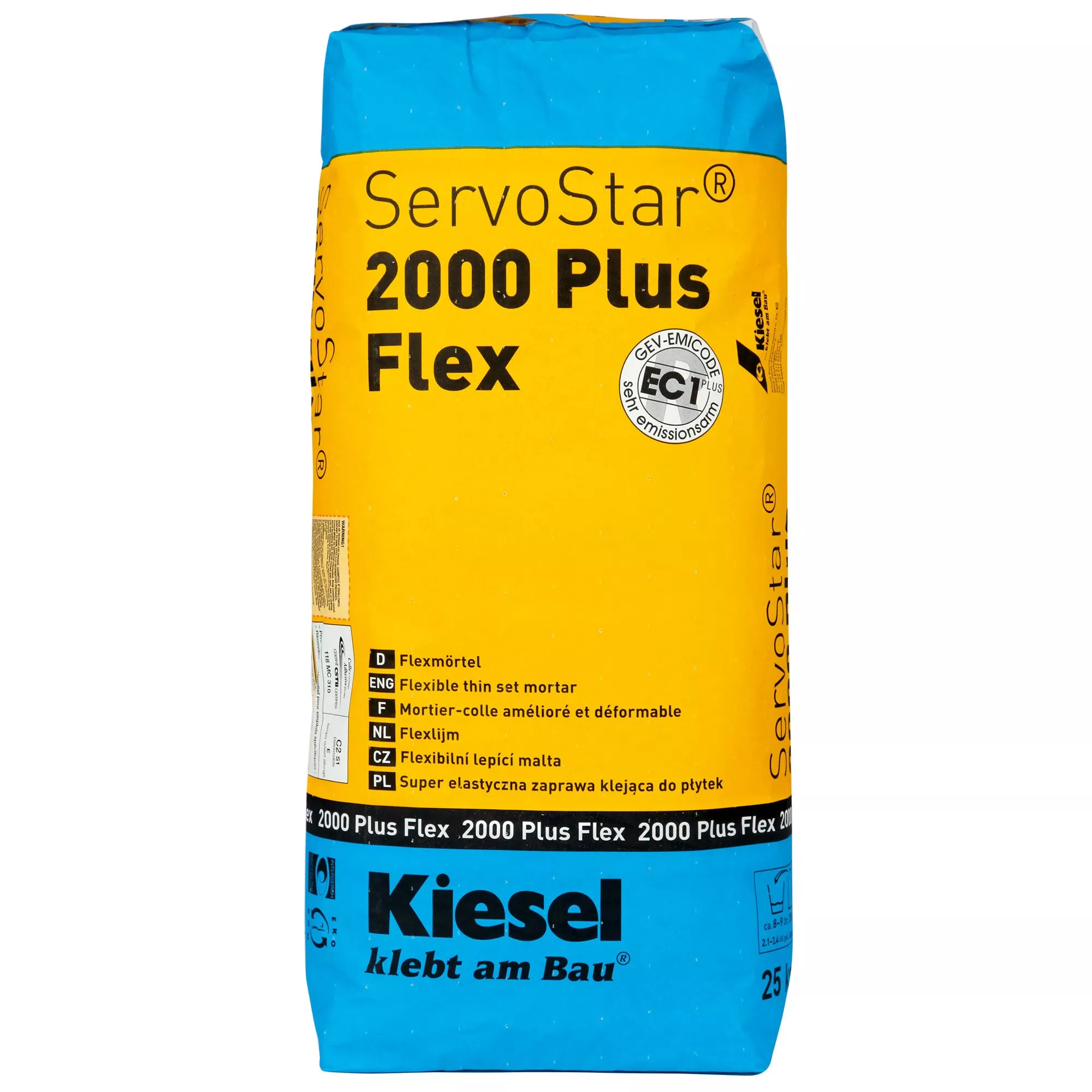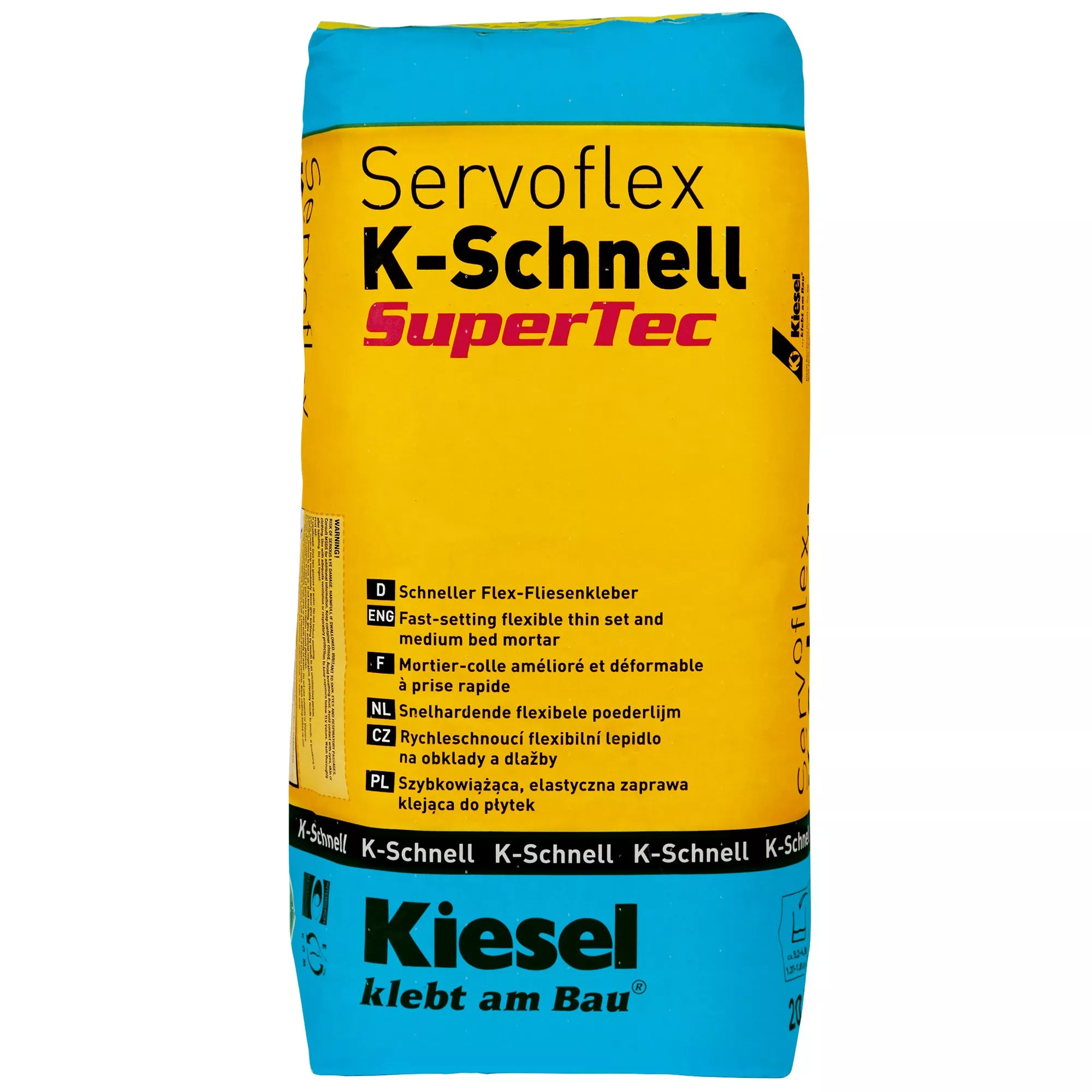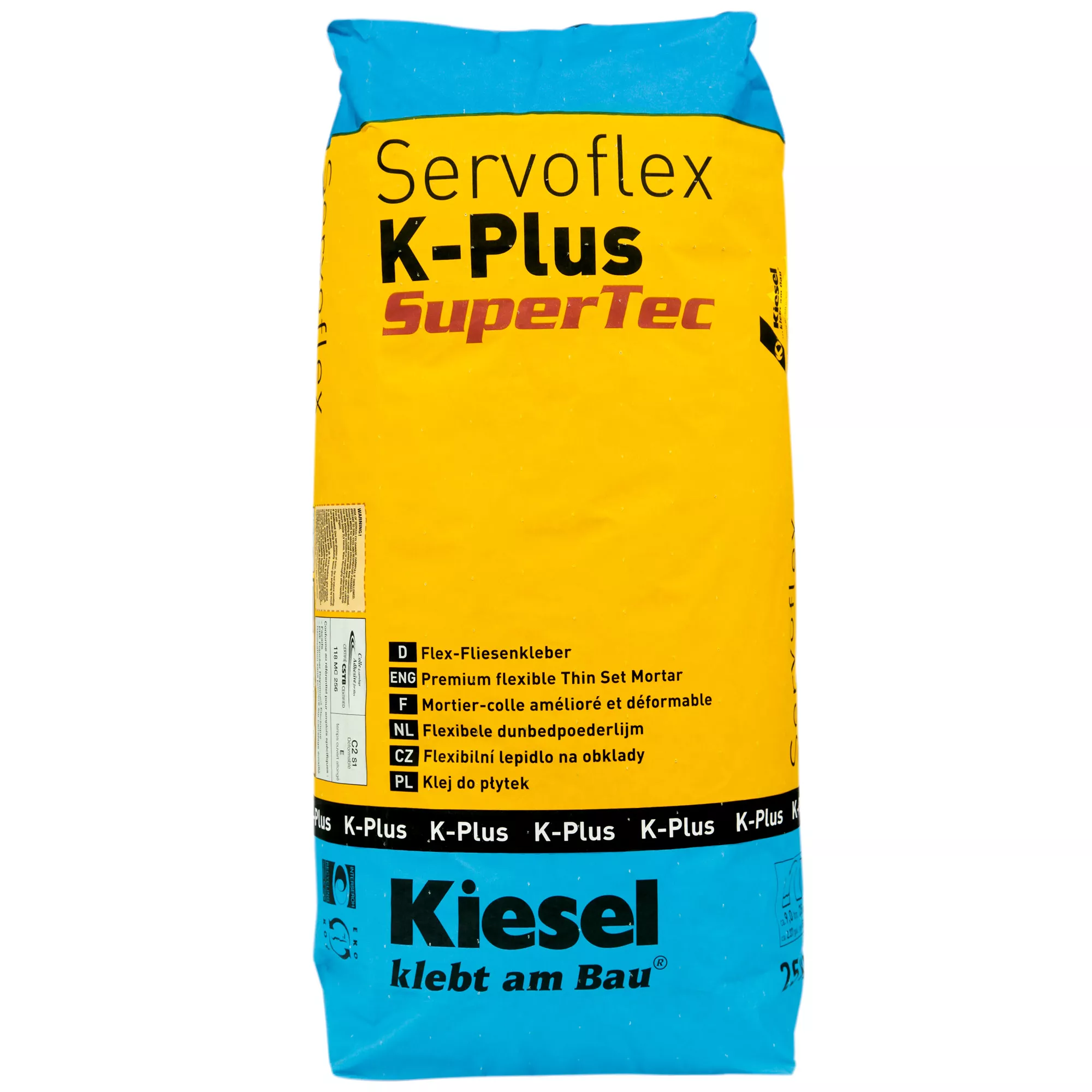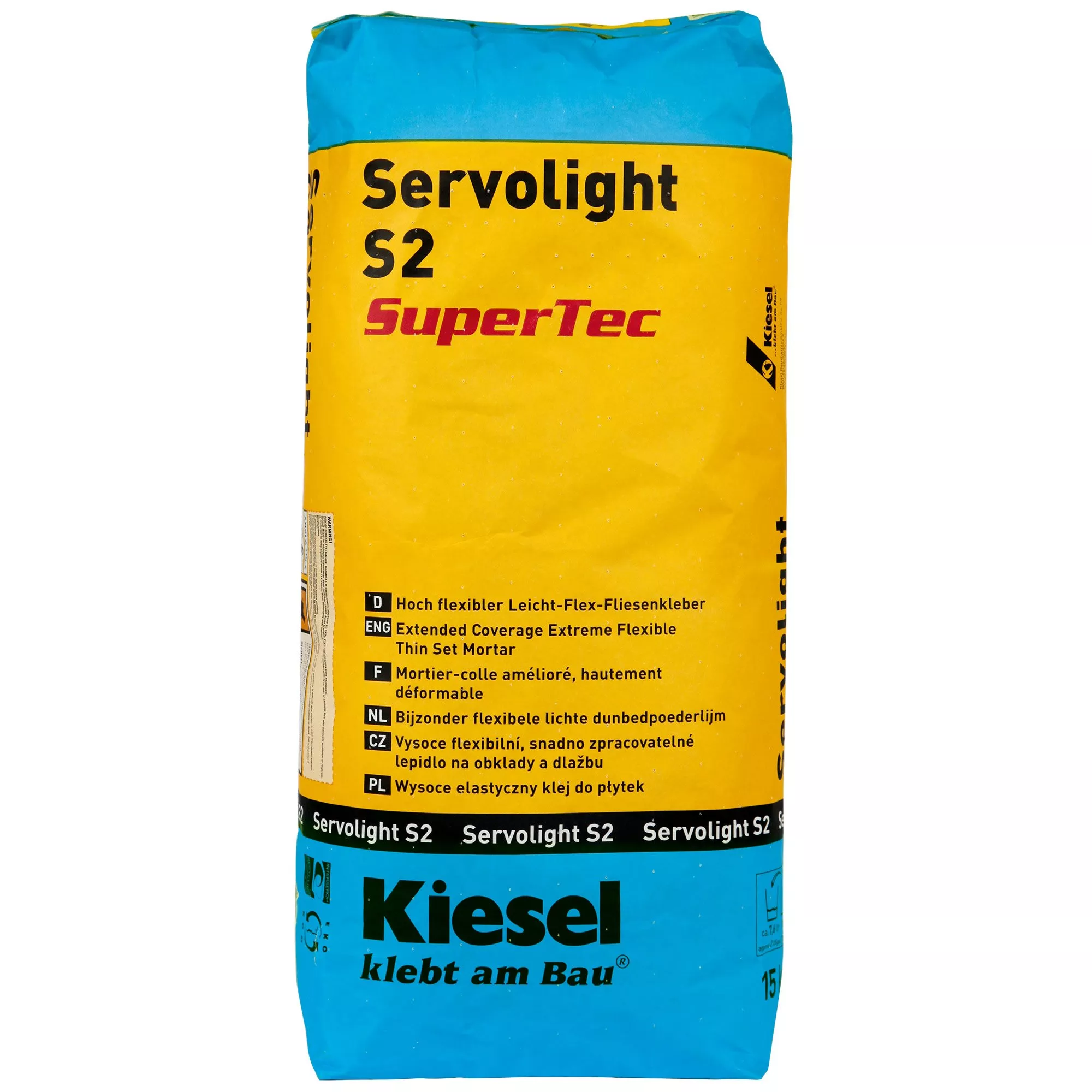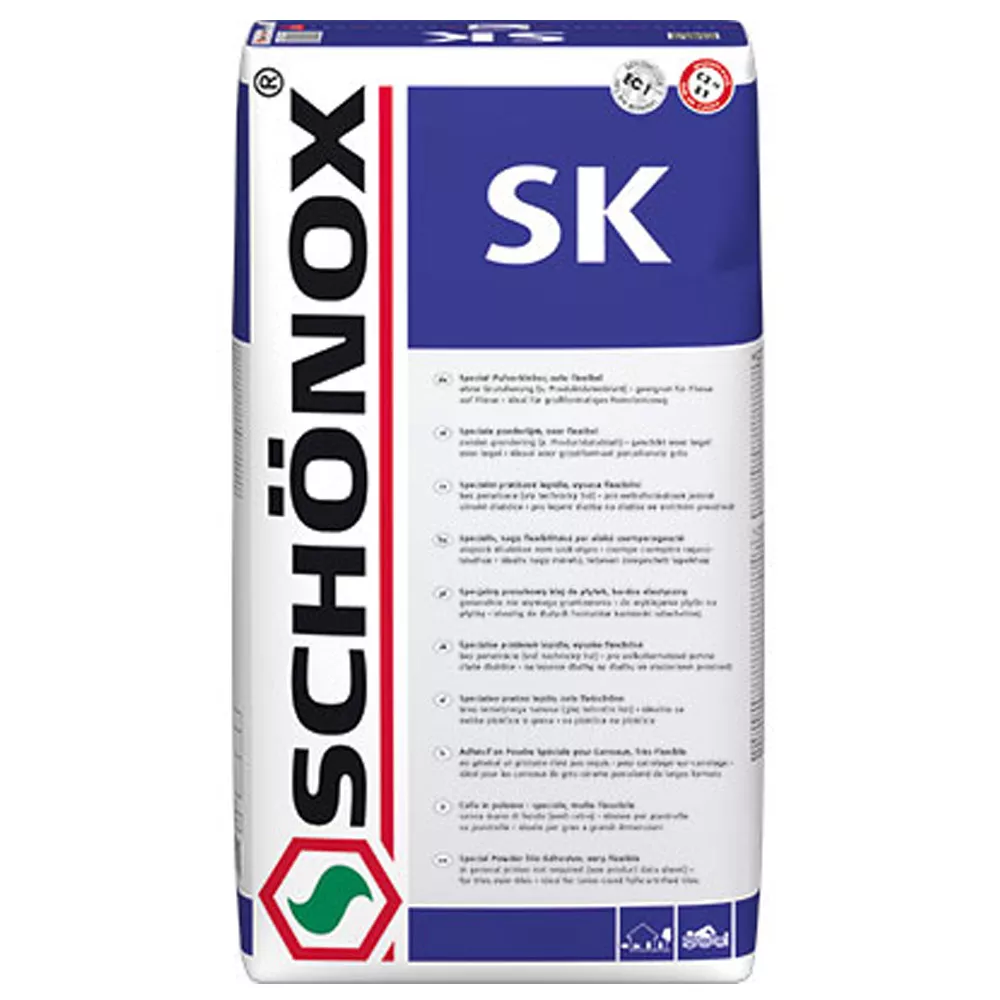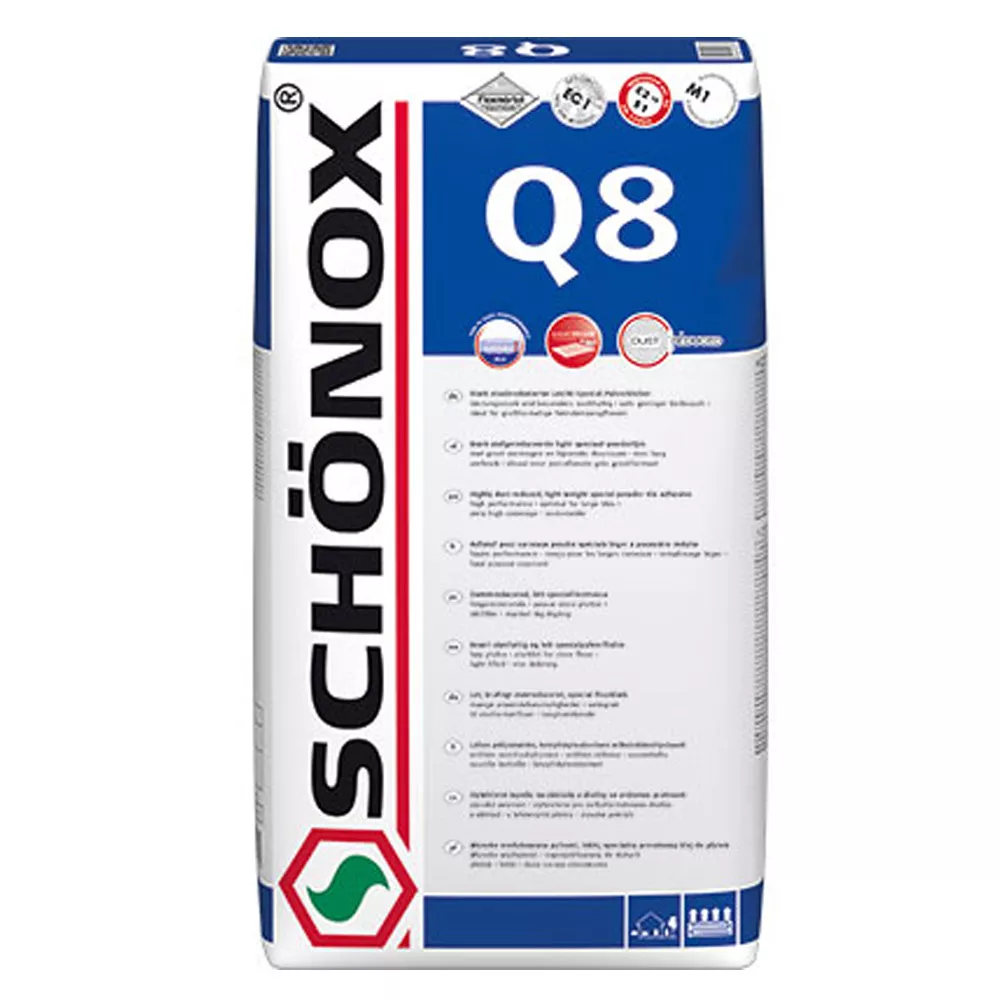Balcony, Terraces & Facades

Content: 4 Kilogram (£2.79* / 1 Kilogram)
Content: 25 Kilogram (£2.10* / 1 Kilogram)
Content: 25 Kilogram (£1.99* / 1 Kilogram)
Content: 20 Kilogram (£1.65* / 1 Kilogram)
Content: 5 Kilogram (£20.66* / 1 Kilogram)
Content: 5 Kilogram (£20.60* / 1 Kilogram)
Content: 25 Kilogram (£1.42* / 1 Kilogram)
Content: 25 Kilogram (£2.85* / 1 Kilogram)
Content: 25 Kilogram (£1.35* / 1 Kilogram)
Content: 20 Kilogram (£1.98* / 1 Kilogram)
Content: 25 Kilogram (£2.07* / 1 Kilogram)
Content: 25 Kilogram (£1.03* / 1 Kilogram)
Content: 25 Kilogram (£1.00* / 1 Kilogram)
Content: 25 Kilogram (£1.07* / 1 Kilogram)
Content: 25 Kilogram (£1.39* / 1 Kilogram)
Content: 20 Kilogram (£2.05* / 1 Kilogram)
Content: 25 Kilogram (£2.71* / 1 Kilogram)
Content: 25 Kilogram (£2.24* / 1 Kilogram)
Content: 25 Kilogram (£1.64* / 1 Kilogram)
Content: 20 Kilogram (£2.89* / 1 Kilogram)
Content: 20 Kilogram (£2.18* / 1 Kilogram)
Content: 15 Kilogram (£4.27* / 1 Kilogram)
Average rating of 5 out of 5 stars
Content: 25 Kilogram (£2.85* / 1 Kilogram)
Content: 15 Kilogram (£2.13* / 1 Kilogram)
Here you will find the right tile adhesives for laying ceramic tiles. They are particularly suitable for tiling outdoors, i.e. on the balcony, terrace or on the facade. Porcelain stoneware made of dense ceramic material is often used there because it is less absorbent than other types of tiles. The tiles absorb less water in damp or wet weather, which freezes and expands when the temperatures later drop below freezing point. This makes fine stone tiles more temperature-resistant and less likely to jump in winter. Ceramic tiles are valued, especially when laying floors, because of their great hardness and resilience.
Why own tile adhesives for porcelain stoneware and ceramics?
The backs of ceramic tiles are very dense and smooth. A conventional tile adhesive adheres significantly worse to them, as there are hardly any pores into which it can penetrate. For this reason, the use of an adhesive that is not expressly suitable for porcelain stoneware and ceramic tiles can result in damage due to the tiles coming off prematurely. The low absorbency also means that the ceramic tiles suck less liquid out of the tile adhesive when it hardens. The freshly laid tiled floor or the tiled facade dries more slowly and there is a risk of moving tiles by stepping on or touching them too early. For these reasons, tile adhesives are used for laying porcelain stoneware and ceramic tiles, which adhere particularly well to ceramic surfaces and harden very quickly.
What should you watch out for with tile adhesives for ceramic tiles?
Here you will only find tile adhesives suitable for ceramic tiles and porcelain stoneware. But also pay attention to the conditions specified by the place of application. Not every tile adhesive is suitable for both indoor and outdoor use. Particularly when using in areas with underfloor heating, special attention must be paid to the suitability of the adhesive for this. When working with quick-drying tile adhesives, it is important to apply the adhesive only to a small area on which you can lay the tiles carefully and without haste before drying begins. In the case of surfaces exposed to strong temperature changes, pay particular attention to the joint width and also expressly use joint compound suitable for ceramic tiles.

